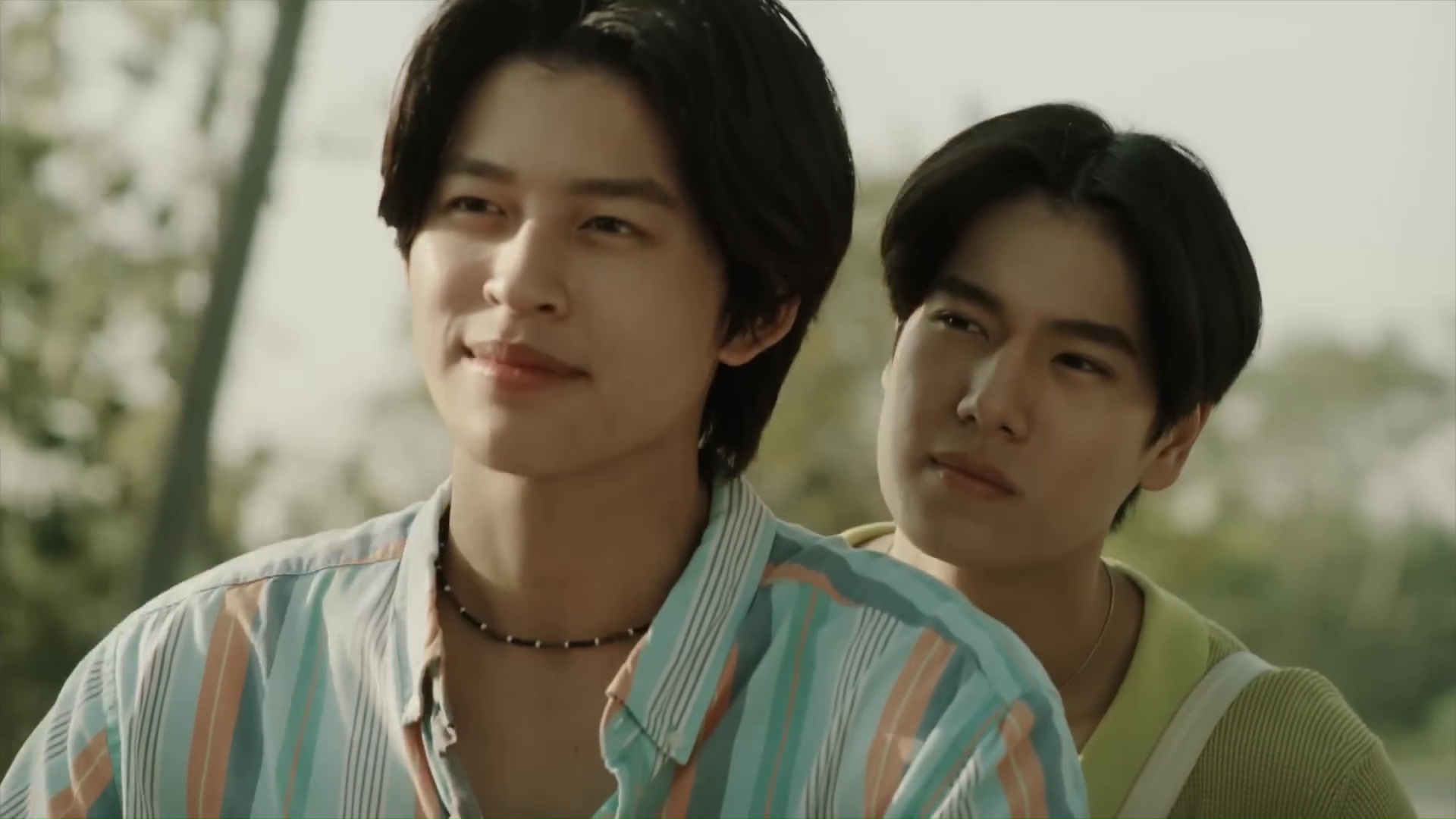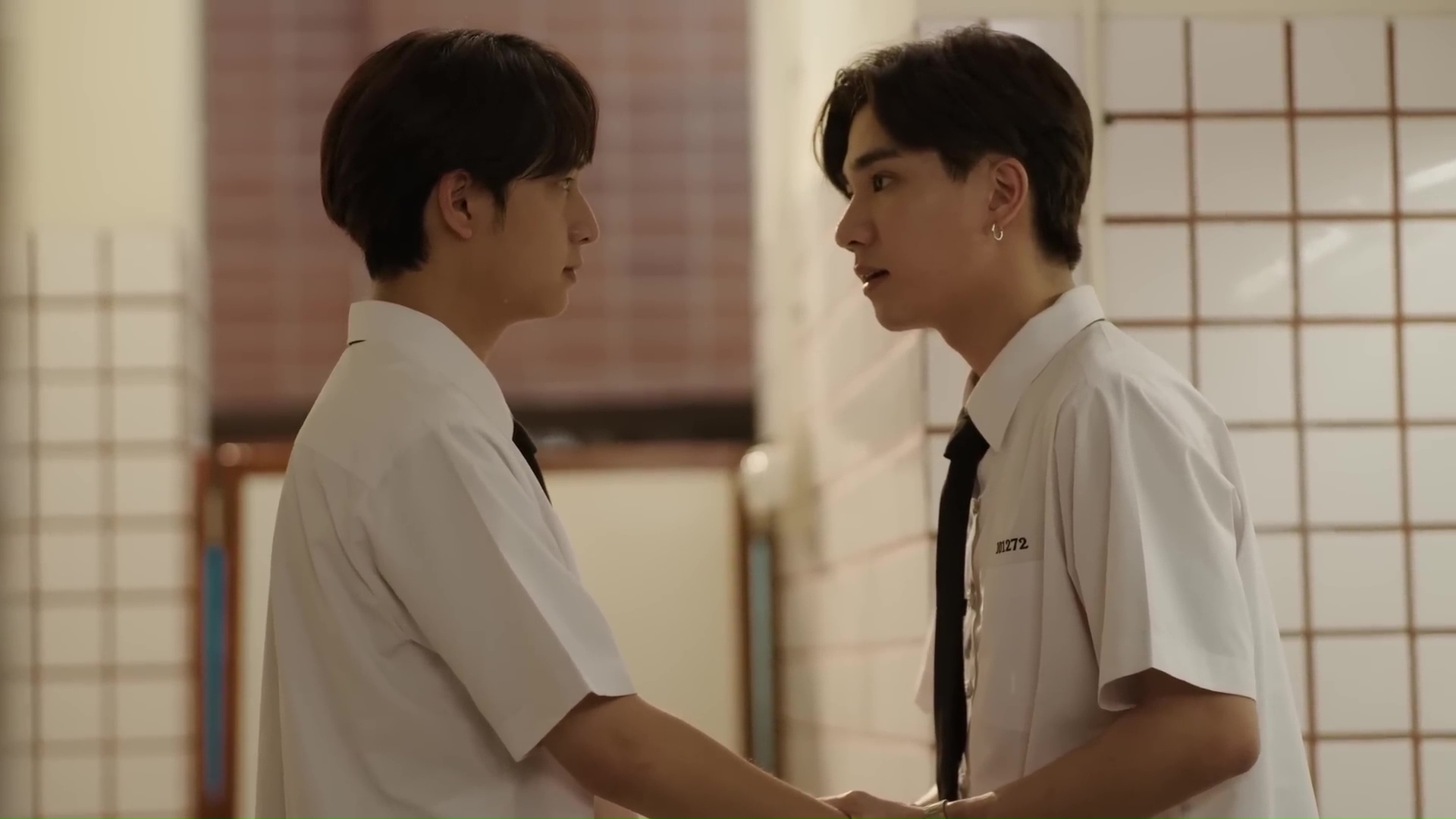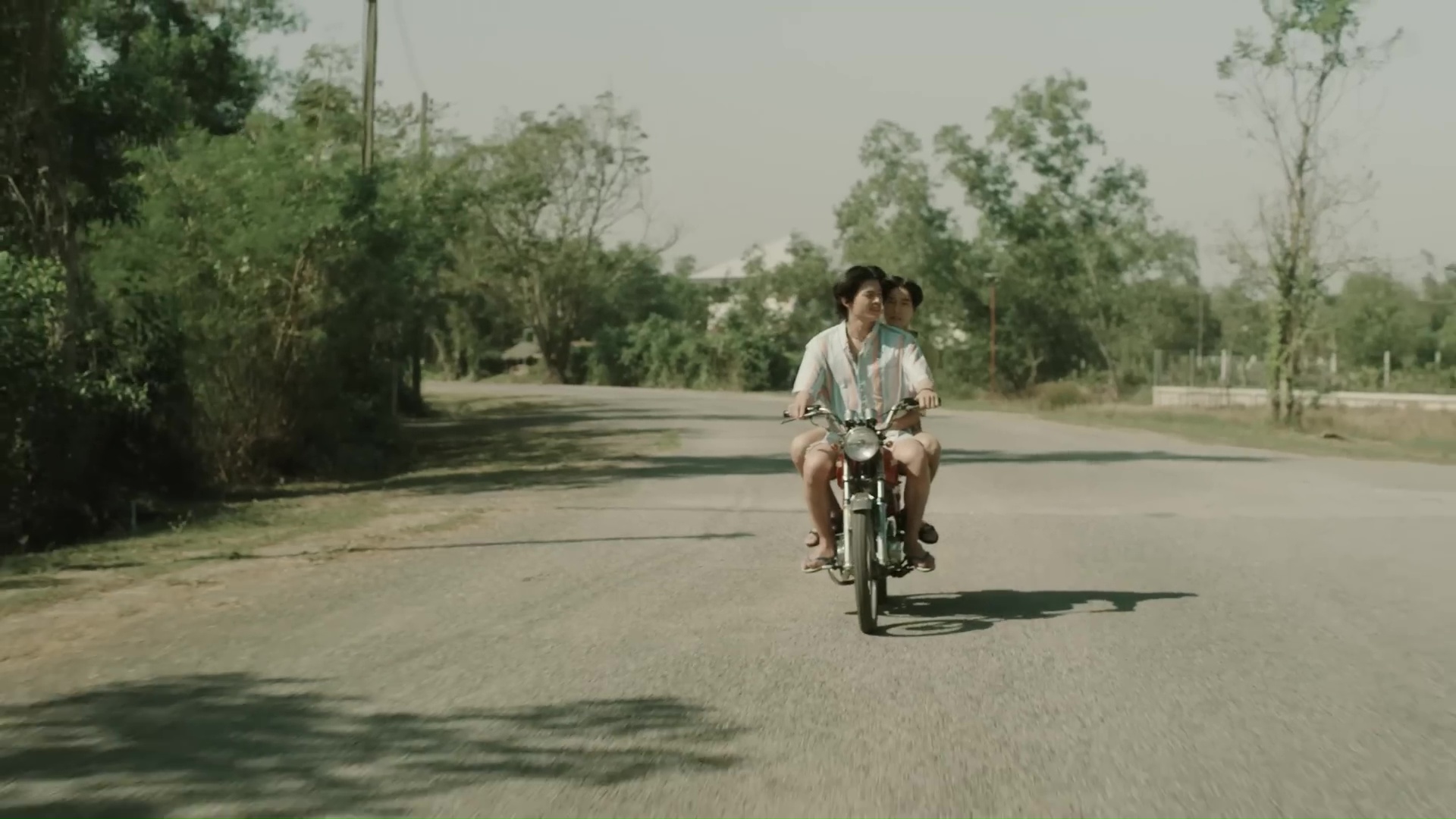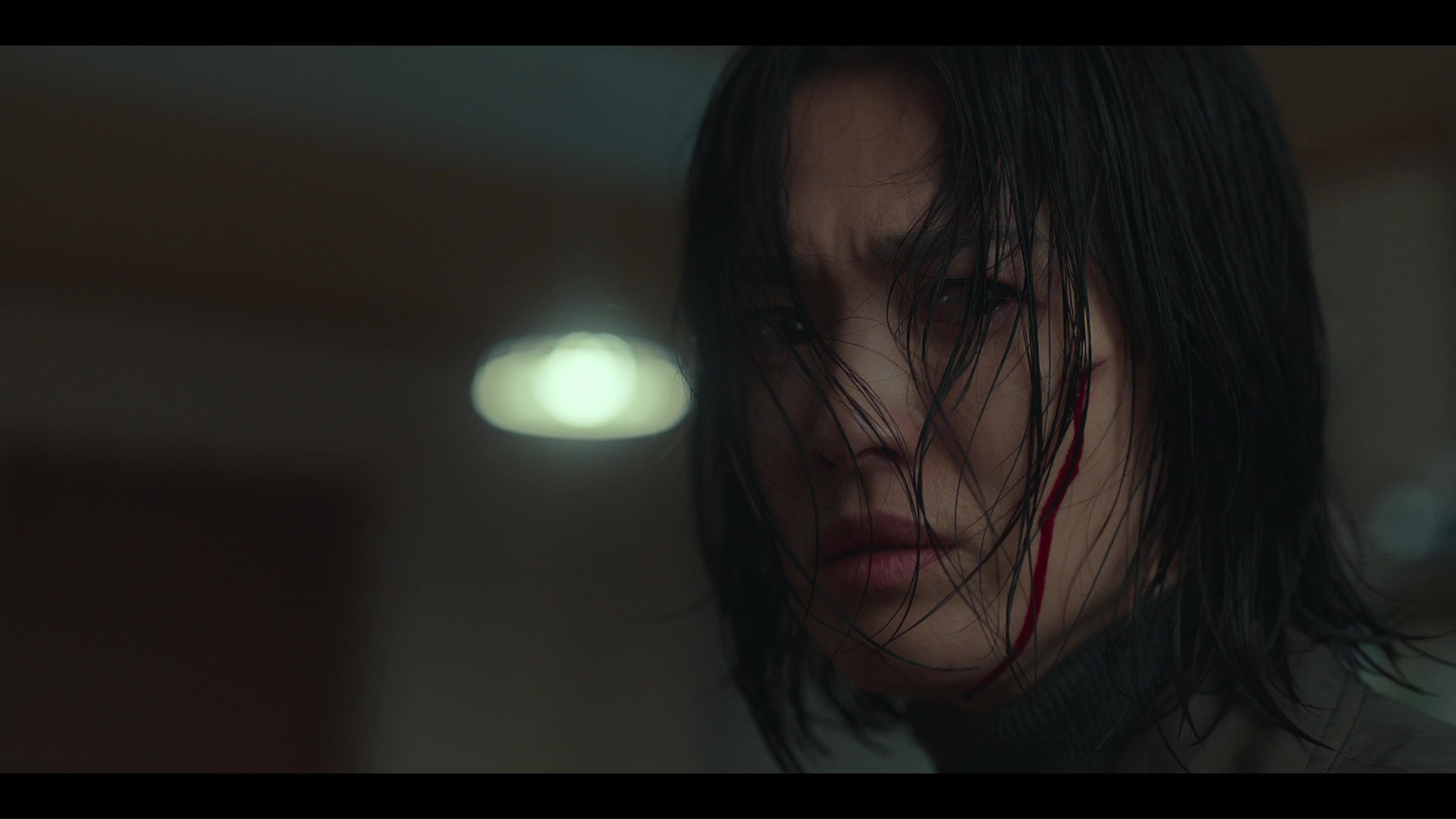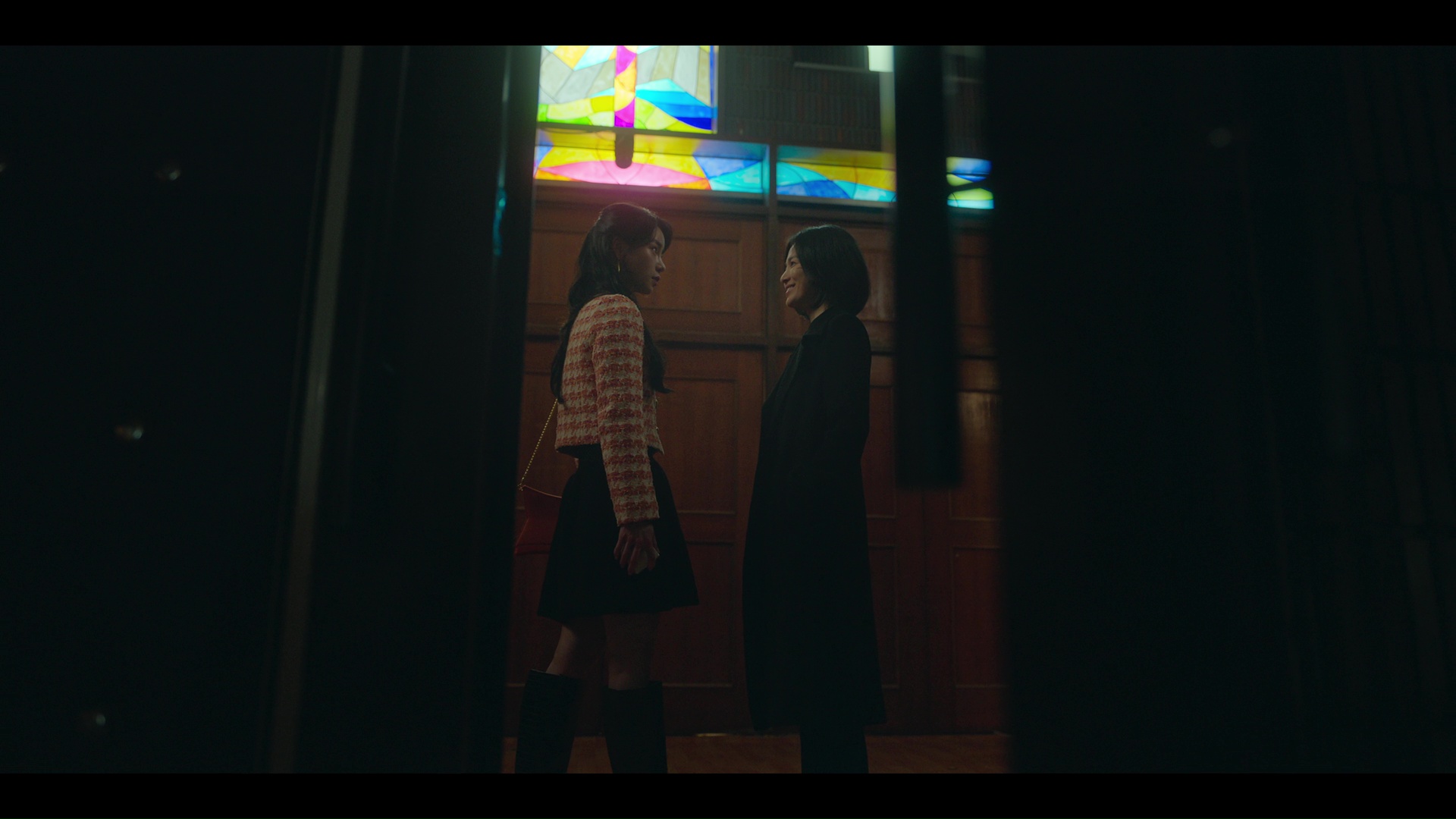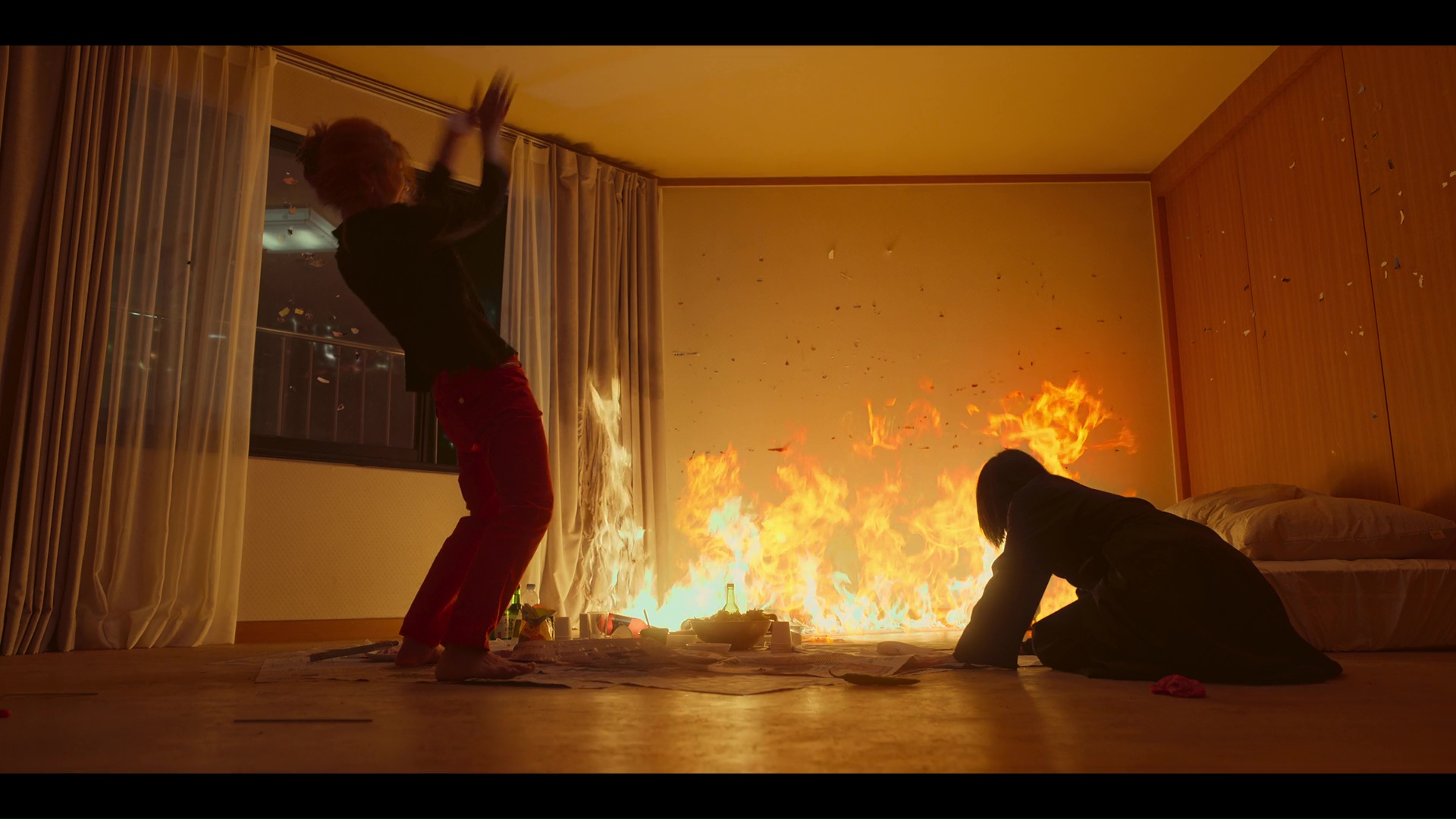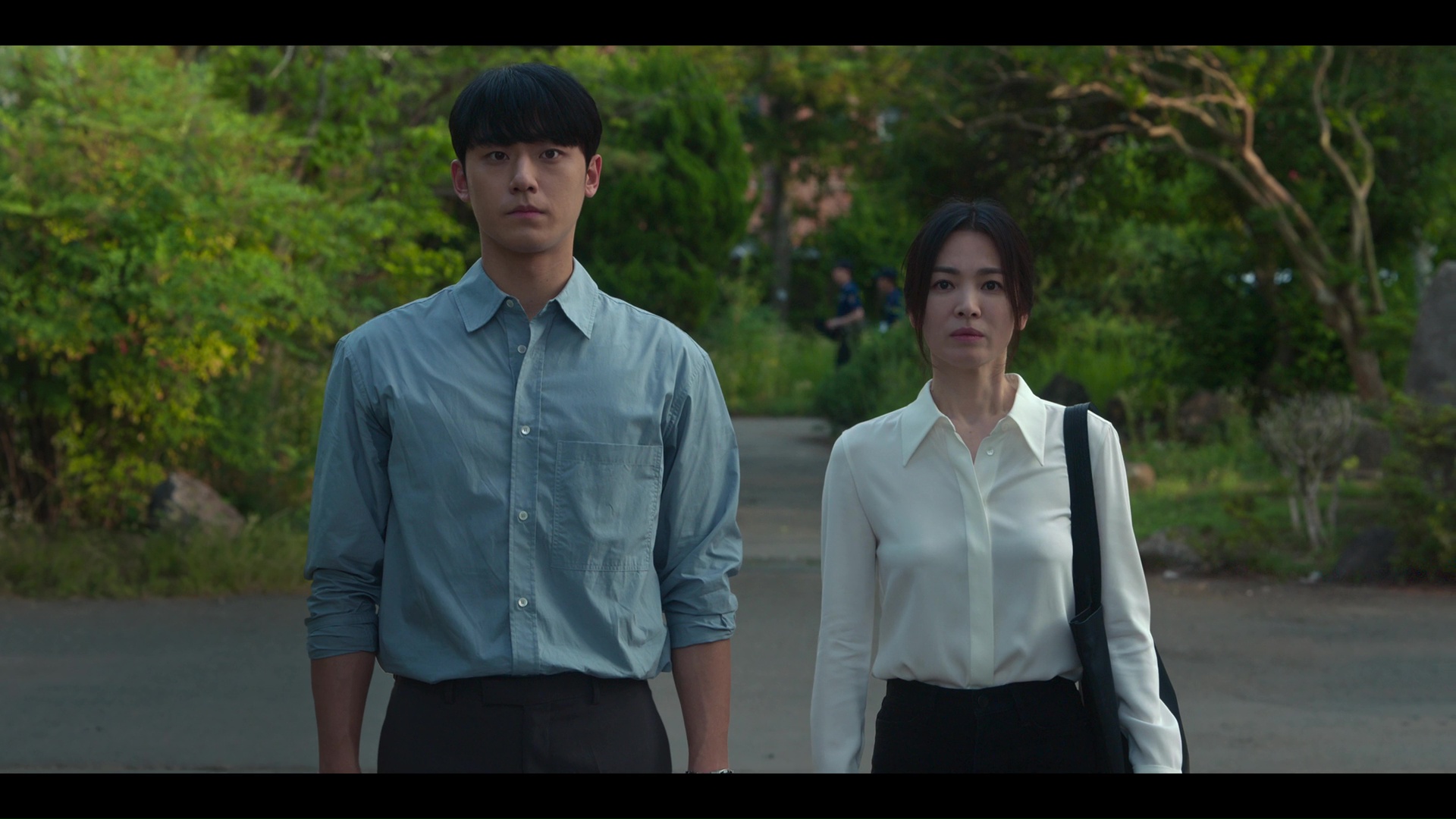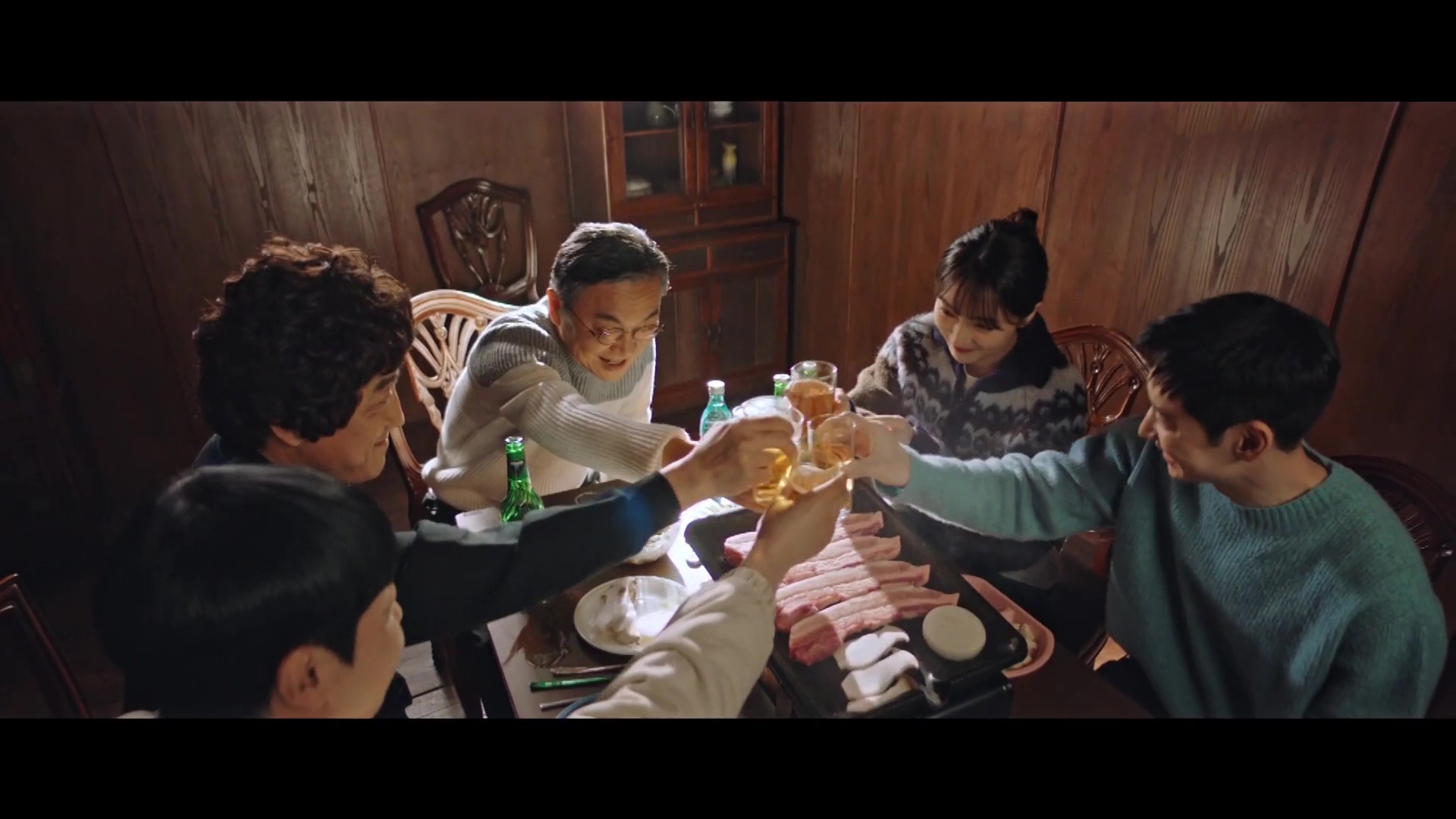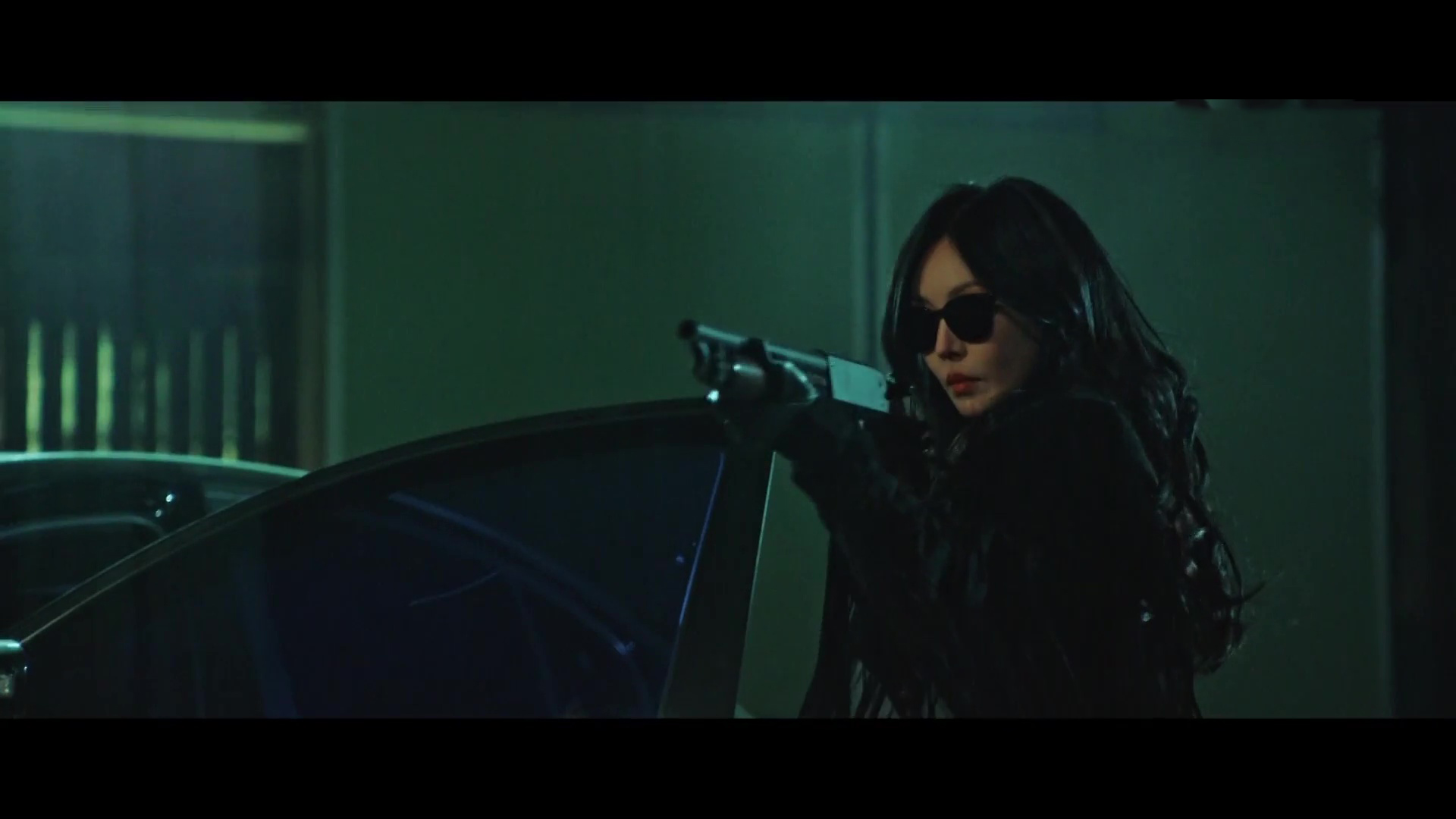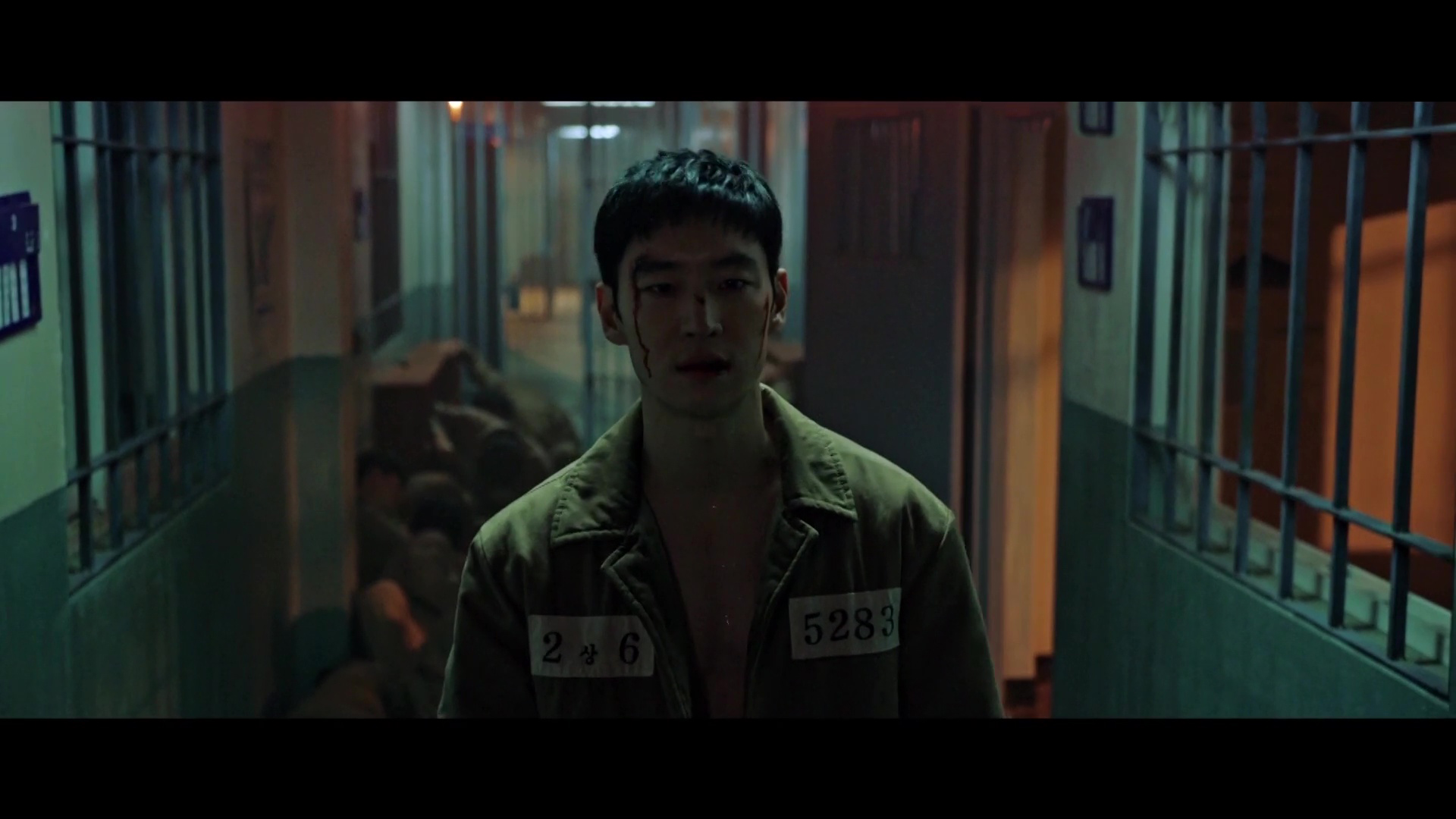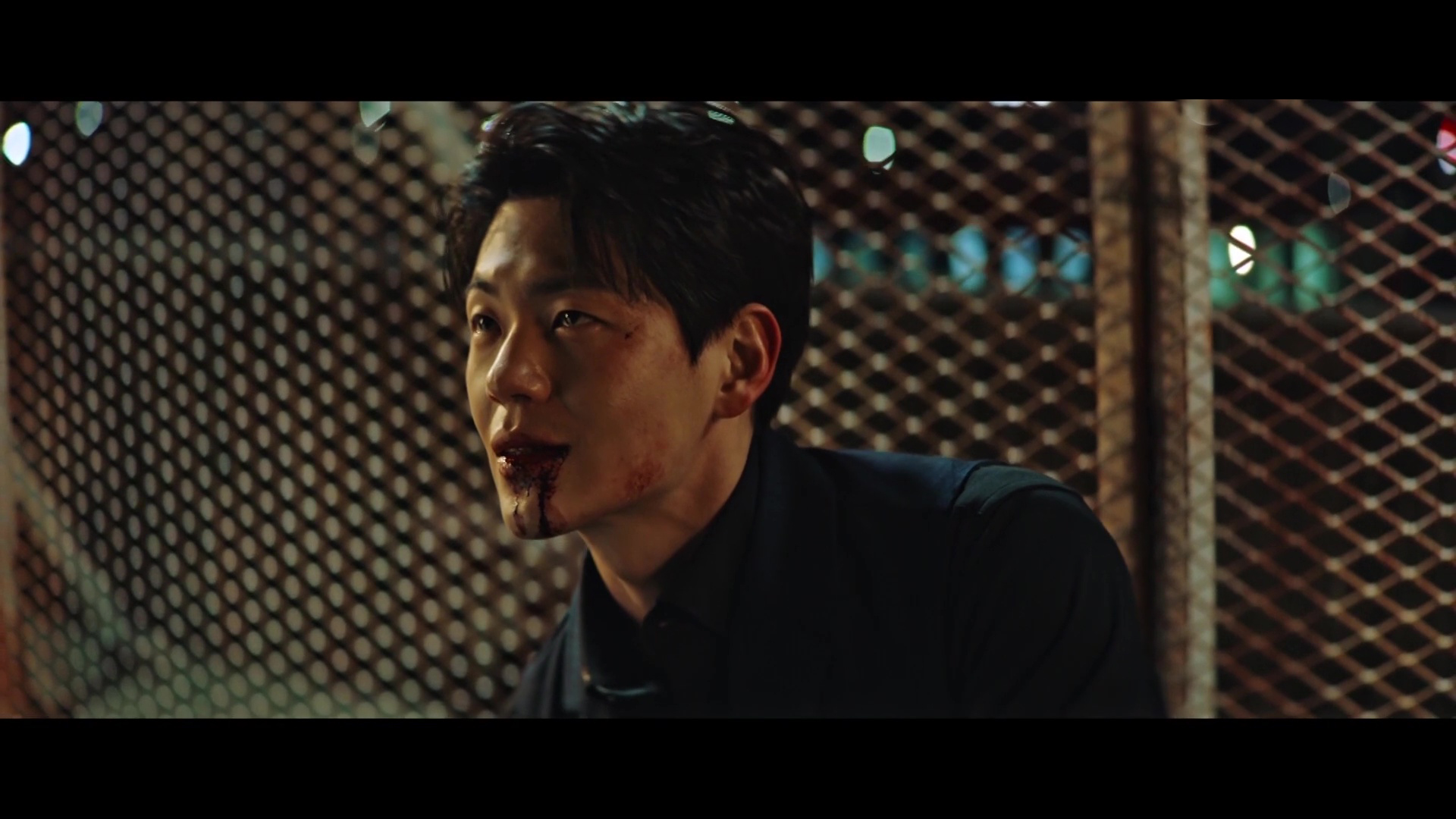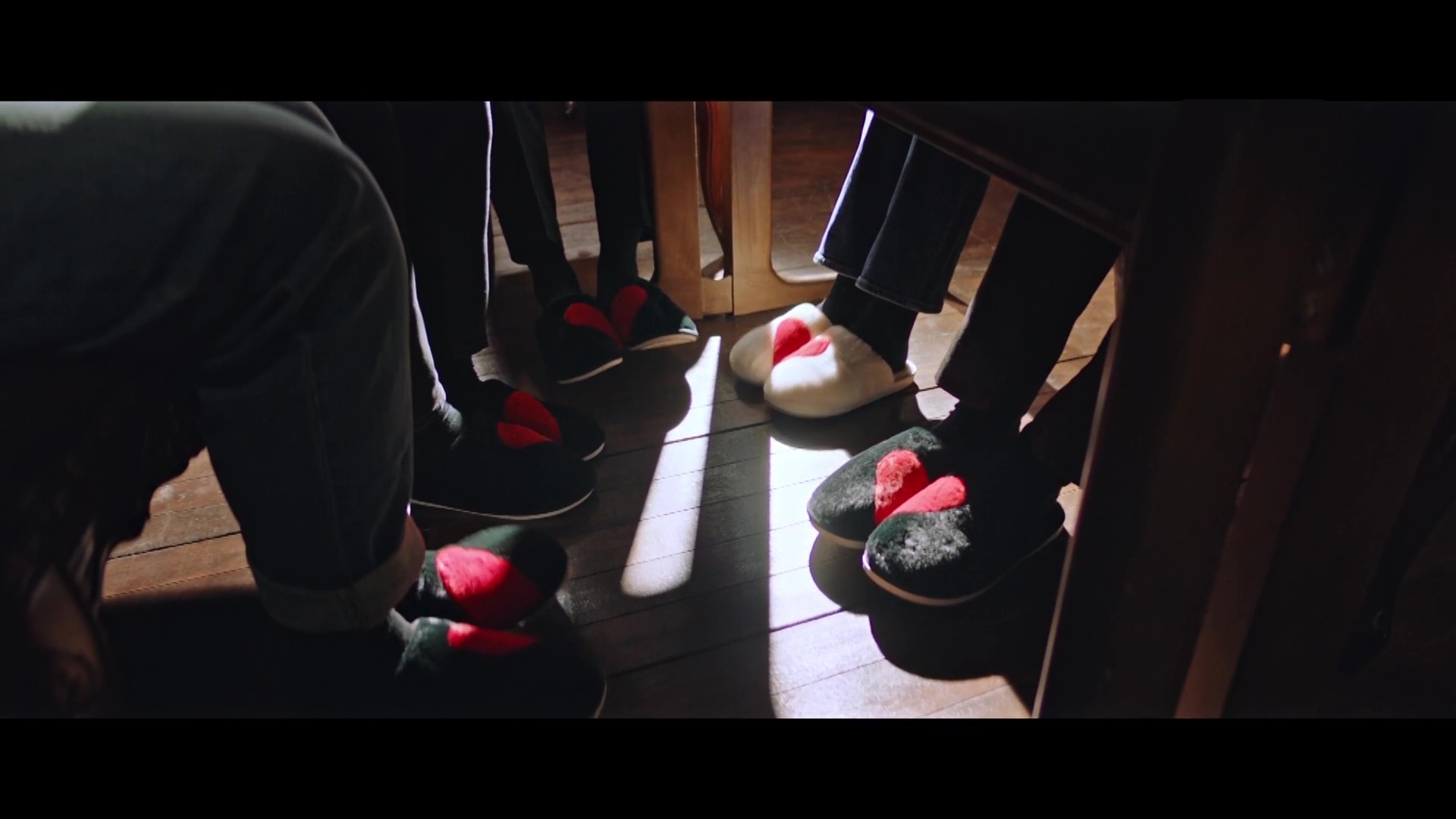Recap: Kamen Rider Zero-One, Episode 45 (Finale) – Each One’s Future
![]()
Aruto and Horobi begin their decisive battle as Azu gleefully watches what she believes is Ark’s prediction coming true.
Across the country, Humagears are rising up in protest to demand fair treatment and equal rights from humans. Humans, however, continue discriminating Humagears which only continues to breed malice and hatred in them.
![Kamen Rider Zero One Episode 45 Recap]()
Azu says all this will help revive Ark and bring about the end of the world.
![Kamen Rider Zero One Episode 45 Recap]()
Horobi reminds Aruto that he said he was to protect Humagears, yet he ended up killing Jin. Aruto is a prime example of humanity’s true hateful nature. Aruto says maybe Horobi is right about that.
![Kamen Rider Zero One Episode 45 Recap]()
Back at his office, Gai says if they can’t revive Izu to stop Aruto, they can at least try to restore Jin to stop Horobi. Yua says she may be able to restore his intelligence, but not his body. Gai tells her that should be enough.
Over at Hiden HQ, VP Jun stands his ground while angry Humagears continue trying to push their way in. VP Jun says he will continue to believe in Aruto and in Hiden’s employees.
Aruto suddenly tosses his sword aside. Horobi seizes on the opening to lay a beatdown on Aruto.
![Kamen Rider Zero One Episode 45 Recap]()
Azu giggles that this may finally be the end. But inside Ark, Jin appears and says Azu couldn’t possibly predict the future without a heart of her own. Jin says this isn’t the Ark’s conclusion, but Aruto’s.
Jin says Aruto is resigned to the fact that he can’t do anything about his malicious heart. Which is why he believes Horobi is the only who can and must stop him.
Horobi delivers a Hatred Impact finisher at Aruto’s ArkDriver, forcing him to dehenshin.
![Kamen Rider Zero One Episode 45 Recap]()
Azu’s “embrace” disappears and Aruto’s heart is now in a less desolate place.
![Kamen Rider Zero One Episode 45 Recap]()
As they watch on the livestream, Yua tells Isamu and Gai that perhaps Aruto is putting his life on the line to teach Horobi what it means to have a heart. Isamu says Aruto is the one who believes in Humagears the most, especially Horobi.
Horobi dehenshins and demands to know why Aruto stopped fighting.
Aruto flashes back to the night before when his father appears to him inside ZEA. Aruto’s father recalls how Aruto would always cry as a child. But now his heart is full of rage because he became stronger when he obtained the power of a Kamen Rider.
![Kamen Rider Zero One Episode 45 Recap]()
Aruto’s father would like to remind Aruto that true strength isn’t about how much power you have, but about what’s in your heart.
Aruto’s father hands him a brand new Zero-One Driver.
![Kamen Rider Zero One Episode 45 Recap]()
Back in the present, Aruto straps the Driver on and says there isn’t a person in the world that wouldn’t be sad by the loss of a family member.
![Kamen Rider Zero One Episode 45 Recap]()
![Kamen Rider Zero One Episode 45 Recap]()
Horobi screams, agreeing with Aruto. He punches Aruto then grabs him by the collar reminding him that Jin was his son and he killed him. So yes, anyone would be angry by a family member being killed.
Horobi knocks Aruto to the ground. Izu’s ribbon flies out of Aruto’s coat. He reaches for it.
Indeed, Aruto says. The rage and sorrow that Horobi feels right now is because he has a heart.
![Kamen Rider Zero One Episode 45 Recap]()
Horobi realizes that Aruto also lost family. He thinks about Aruto’s father and Izu both dying because of him. On the verge of tears, Horobi acknowledges that it is his fault that Jin sacrificed himself.
Horobi falls to his knees saying he was afraid of these heartfelt feelings welling up inside him.
![Kamen Rider Zero One Episode 45 Recap]()
Aruto reaches out for Horobi’s shoulder and says that feeling is perfectly fine.
Horobi replies that’s why he felt hatred toward the humans who taught him those feelings. He punches Aruto once more. But Aruto says he is sure Horobi can overcome this understanding that he does have a heart.
![Kamen Rider Zero One Episode 45 Recap]()
“We are Kamen Riders, after all?”
Aruto’s Key becomes shinier. He activates and locks it in.
Horobi henshins and charges toward Aruto. He swings at Aruto who catches his hand as he completes his henshin to Realizing Hopper.
The two battle once more. Horobi says he hates Aruto with all his heart. But neither he nor humanity deserves to be destroyed.
A happy Jin believes both Aruto and Horobi will be able to overcome their malice. He disappears, leaving Azu completely flabbergasted.
![Kamen Rider Zero One Episode 45 Recap]()
Just then, a vision of Izu appears to Aruto.
Aruto doesn’t want to look at first. But when he does, he sees Izu smile and he smiles right back at her. He knows what he has to do now.
Aruto flies through Horobi’s tentacles. They deliver Impact finishers at each other. That gives Aruto the upper hand as he proceeds to knock Horobi around before unleashing a Rider Kick.
![Kamen Rider Zero One Episode 45 Recap]()
Horobi is ready to accept his death. But Aruto delivers his Realizing Impact not at Horobi, but the ArkDriver, destroying it and forcing Horobi to dehenshin.
![Kamen Rider Zero One Episode 45 Recap]()
A badly injured Horobi asks Aruto why he spared his life. Aruto replies that there is no need for death any longer.
![Kamen Rider Zero One Episode 45 Recap]()
Aruto clutches Izu’s ribbon. It’s all over.
After a period of time, Aruto returns to Hiden and announces a project to launch a brand-new satellite to replace ZEA. Watching the news, Ikazuchi tells his brother that they’re going to have a lot of work to do.
![Kamen Rider Zero One Episode 45 Recap]()
In his office, Aruto tries activating Izu’s Secretary Key. But it does not work.
Aruto looks out his office window and says “Just for you, I’ll take off toward our dream.”
![Kamen Rider Zero One Episode 45 Recap]()
Also in his office, Gai addresses his new Thouser employees as they are all excited to get to work.
![Kamen Rider Zero One Episode 45 Recap]()
Elsewhere, Commander Yua introduces the A.I.M.S. team to Naki who will join them as a technical advisor. The officers are surprised they are a Humagear. Yua says they must respect the freedom of one’s heart, no matter if they are human or Humagear. As long as you overcome your limits and stand and fight for freedom, you too can be a Kamen Rider.
![Kamen Rider Zero One Episode 45 Recap]()
In another part of the city, Isamu randomly saves a woman who has just crashed into a pole. He introduces himself as Vulcan, a Kamen Rider who protects the city.
![Kamen Rider Zero One Episode 45 Recap]()
Jin finds Horobi on a rooftop and compliments him on his new outfit.
Horobi says MetsubouJinrai.net has been reborn. This time they will monitor the world’s malice to prevent the rebirth of Ark.
![Kamen Rider Zero One Episode 45 Recap]()
A very happy Jin says he will help as well… “おとうさん!”
![Kamen Rider Zero One Episode 45 Recap]()
Horobi tells Jin to do whatever he likes. But he lets out a smile as well.
![Kamen Rider Zero One Episode 45 Recap]()
That night, Azu approaches a mysterious man that’s only appearing in these final moments and hands him a Driver and Key. The man declares that he will destroy the world and create a new paradise.
![Kamen Rider Zero One Episode 45 Recap]()
Izu changes into a dark veiled outfit as the man henshins to Kamen Rider Eden.
Anyway, VP Jun, SVP Sanzo and Shesta are in the lab with Aruto who unveils a newly built secretary Humagear.
![Kamen Rider Zero One Episode 45 Recap]()
Aruto activates the new Humagear who comes online. She greets them and asks for a name.
Remembering all the wonderful memories, Aruto names her Izu.
VP Jun and SVP Sanzo say it’s sad that even though this looks and sounds like Izu, she does not have any of her memories and learnings.
![Kamen Rider Zero One Episode 45 Recap]()
![Kamen Rider Zero One Episode 45 Recap]()
Aruto says that’s alright. He’ll just have to teach her their memories, dreams and hearts all over again, no matter how long it takes. And that includes all his jokes as well.
![Kamen Rider Zero One Episode 45 Recap]()
Aruto and nuIzu head into the satellite where he teaches her his catchphrase.
![Kamen Rider Zero One Episode 45 Recap]()
Episode Thoughts and Season Wrap-Up
So I’ll get it out of the way first. I was underwhelmed by the finale. As much as I hate to say it. It might be evident from the last couple of weeks and in this final wrap-up of the season, but I have grown to really love Zero-One. So it pains me to say anything bad about it.
But it’s such an interesting situation.
First off, I wanted to cry. But I didn’t. And that makes me sad. I’m sad that I didn’t cry.
I think the last couple of episodes each delivered such excellent emotional climaxes that this finale ended up being a sort of deep breath. Like, a big sigh of relief after all the pain and drama and hardships.
The episode was all about both Aruto and Horobi accepting that they can’t let hatred and malice take over their heart. While it’s okay to feel pain and anger, they can’t let it consume their whole being. Instead of using their differences as human and Humagear to feed that hatred in their hearts, they accepted those differences. By doing so, they hold up those differences as their strengths. And together, in their own ways, can help make the world a better and safer place.
I mentioned last week how it seemed like they were starting to set-up everyone’s conclusion so as to free up precious time in this final. But little did I know last week was everyone’s conclusion!
I feel like it was a little bit of a cop out with Jin just popping up in the end when his death was supposed to be the catalyst for this final climactic showdown. Yua rushing to restore his intelligence didn’t even have anything to do with what Horobi and Aruto were doing. So his color commentary with Azu didn’t really contribute anything to the finale other than take away what should’ve been a fun “Hey, I’m here” scene with Papa Horobi in the end.
It was a little abrupt. Between Yua’s mini-speech to Isamu’s apparently roaming the city looking for car accidents, I think the entire epilogue was awkwardly put together.
A recurring theme through the season and especially in this final arc was the idea of loss and how one is able to deal with a loss.
But the biggest loss is definitely the five or even six episodes we lost due to COVID-19.
Again, it’s hard to avoid thinking about how the coronavirus affected the season’s final arc. Though there were a lot of amazing moments and great story in the post-quarantine episodes, you still can’t help but think about what changes had to be made.
Obviously, I don’t want to come across as using the coronavirus to excuse whatever missteps the series had in the end. But it definitely seems like there was much more planned that had to be edited down or just completely removed.
I’m sure Mr. Williamson originally had a bigger role in this final arc than just popping up to conveniently pick up Jin’s earpiece. Or Naki and Ikazuchi never getting their focus episodes that may or may not have been expected. Though they certainly deserved such focus.
As great as these last couple of episodes have been, you can’t help but think and wonder what might have been.
Like I’ve mentioned already in previous weeks, these last episodes also didn’t get much time to breathe. Interestingly enough, I feel like this final episode had too much time to breathe and could’ve used a little more of a frenetic pace. It would’ve been perfect to have last week’s chaos lead into what was an otherwise quiet, yet impactful moment between Horobi and Aruto.
Horobi and Aruto’s battle lasted half this episode. But as fun as the action extravaganza was, I would’ve gone with just a few truly explosive exchanges to allow for a couple of minutes at the beginning of the episode more directly depicting the chaotic and dire situation of the simmering human-Humagear war.
I will say if you watch Episode 44 and 45 as one, hour-long episode instead of two separate ones, I think it would have a much bigger and more seamless impact.
The events of this Episode 45 didn’t really warrant a cliffhanger after Episode 44. Instead, Episode 44 and 45 could essentially be one, long extended finale. It would work better like that instead of having to wait a week for emotional and plot conclusions that, truthfully, came up short compared to the last couple of episodes.
The way that these last couple of episodes were so well-done and so emotionally resonant, I feel like that kind of lessened the impact for this finale.
It’s also quite possible I had unfairly high expectations that were unlikely to be met. =( But nah, I doubt that. (lol)
But you throw in the upcoming movie which was supposed to be released last month and would’ve aired around the original early 40s episodes. Now it will serve as a sort of epilogue and possibly even having been reworked as either a Decade-style finale or an Ex-Aid-style “True Ending.”
In the original “timeline,” Kamen Rider Eden wouldn’t have been introduced like that in the finale. So it felt out of place here. And though there was no Saber cameo, Kamen Rider Eden and shroudedIzu ended up filling in for the random, unnecessary new Rider appearance.
Needless to say, COVD-19 definitely tried its best to stifle the excellent momentum Zero-One had. But it didn’t fully succeed though as we still got a wonderful series.
Timely
Zero-One‘s plot has such a timely aspect to it. It looked at how technology has become so engrained in our daily lives and the positive and negative effects of that.
Through that technology, the season discussed the idea of what makes someone “human”, the feelings, emotions and freedom that come with it and accepting and understanding the differences that may arise from that. And maybe most important, whether or not you are born with hatred and malice or if it is something that is learned.
Those are definitely relevant discussions to be had in today’s world. And Zero-One was able to tackle such discussions in interesting and refreshing ways.
To allow for those discussions to be had in an effective way, Zero-One was a very character-driven story. And that is actually atypical for a Kamen Rider series. There have been many times in the past when characters bend to the will of the plot (good or bad).
But not here.
Zero-One‘s endgame wasn’t trying to stop one person or one Final Boss. It wasn’t to collect all the eyeballs or Keys. Hatred and malice was the true villain of the series. And the idea of a community of people coming together for a common good.
But Zero-One was as much about each character’s growth and development. A lot of it is the relationships they formed with each other.
Character-driven
More so than in recent seasons, each of the characters actually had many meaningful relationships in the story. Each of those relationships and friendships were interesting gateways to explore the central themes and discussions mentioned above.
The actions of each character would affect other characters in unique ways that revealed more about each character while also furthering the overall plot of the season.
If you asked me earlier in the season, I would’ve said Isamu was my favorite character. His story was the best developed almost to the point that he felt more like the title character than Aruto.
If I had one major criticism of the season, it would be the way they completely erased Isamu’s excellent character development for an unnecessary plot twist. That move would be something typical of another season. But on Zero-One, it stands out even more.
![Kamen Rider Zero One Episode 45 Recap]()
From the best developed character, Isamu Fuwa inexplicably turned into a comic relief character for a while before a too little, too late attempt at recovering what was so good about him in the first place. Regardless, Ryutaro Okada did an amazing job bringing Isamu to life. And having to balance both the serious, dramatic moments with the plenty of lighter moments (including stifling his laugh to Aruto’s jokes) showed his great versatility.
![Kamen Rider Zero One Episode 45 Recap]()
Meanwhile, the “villains” Horobi and Jin were really positioned as traditional Secondary Riders. Since the season really didn’t have a physical “villain” per se, Horobi and Jin were the closest things. (Aside from Gai of course.) But from the very beginning, both Horobi and Jin got the same development and spotlight as the traditional protagonists. All Riders got the same level of growth and focus.
If you need the most memorable scenes of Shuya Sunagawa as Horobi, just check out these final few episodes. The emotions he sets free are so affecting. Even though I still question how a Humagear is able to cry real tears, I don’t really care because Shuya Sunagawa was just excellent in those scenes. No need to worry about the details when the message comes across loud and clear through his performance.
![Kamen Rider Zero One Episode 45 Recap]()
While Isamu was my original favorite character, my ultimate favorite character from Zero-One and maybe one of my all-time favorite characters is Jin. Aside from Isamu, Jin had the best character development of anyone. Seeing his growth from the childlike maniac shooting fellow Humagears in the head to sacrificing himself for a father, a friend and the world. That’s some epic stuff!
And Daisuke Nakagawa was just amazing. Early on, the episode where he is seemingly about to reach Singularity and gets thwarted by Horobi slapping a Driver on him was the first episode where Daisuke got to show off his talent. He’d get many more opportunities later on with great material, especially in these final episodes. He’s such a natural and is definitely one of my all-time favorite actors from toku.
If we’re to talk about COVID-affected characters, I feel like both Yua and Gai had much more impactful climaxes planned for their stories than what we got. Though both were fine as they were, I think we should’ve seen more of Yua struggling with her sense of free will and a deeper “redemption” arc for Gai.
![Kamen Rider Zero One Episode 45 Recap]()
For Gai, I know many people just flat out hated him. Of course, Gai was a despicable and evil man. Remember, he is essentially the reason Ark exists as a malevolent force in the first place. Which is why I think an extra episode or two fleshing out his backstory and giving more depth to his downfall and enlightenment would’ve been great.
As evil as he was, I enjoyed his character. He was definitely a “love to hate” kind of character. And Nachi Sakuragi was so good just relishing in the role. Redeeming Gai with a pair of cute AIBOs certainly was an interesting, though strangely effective way. But there was definitely potential for more.
![Kamen Rider Zero One Episode 45 Recap]()
For Yua, I think Hiroe Igeta deserved a chance to shine in possible scenes where she comes to fully realize and acknowledge her mistakes. The scenes we got with Isamu and Ai-chan were well-done. But certainly, did not maximize the potential for both the character and Hiroe.
Of course, the center, or “heart” if you will, of the season was definitely Aruto and Izu. If Izu wasn’t a Humagear, she and Aruto would be the best ship around. Their relationship was that well-developed and had that much depth.
![Kamen Rider Zero One Episode 45 Recap]()
Noa Tsurushima was great as the relatively robotic Izu. The best way to describe her most of the time was “robot with a heart,” really. You never forget that she is essentially a robot. But that’s what makes her performance even better. The moments where Izu learns human emotions first hand, piece by piece require a great nuance from Noa that she absolutely delivers. Again, in this final arc, she gets her best opportunities to shine. Especially in the episodes where she sees Aruto’s “death.” Then she gets an opportunity to play it up as Azu and it’s quite clear that Noa is a great, versatile actress.
Aruto is a quintessential title hero. And in the best ways possible. A noble, upstanding guy next door. He was positive and hopeful without being preachy or pretentious. He was sincere in his dreams. And that’s what made his descent into Arkdom all the more shocking and affecting. It all worked. As a character, Aruto was the emotional and moral center of the story.
![Kamen Rider Zero One Episode 45 Recap]()
And playing the star of the show and our title character, Fumiya Takahashi was perfect in the role. I mentioned many times throughout the season how I preferred seeing seriousAruto more than slapstickAruto. But Fumiya handled both sides of Aruto, no problem. It takes quite a bit of skill to handle the physical comedy required of him many times throughout the season. But even more to be able to transition from that to more serious and dramatic material at the drop of a hat. These last few episodes again provided him the opportunity to deliver knockout performances. And he absolutely hit the mark.
Favorite?
The lingering feelings from the several times I cried the last couple of weeks probably cloud my judgment right now. But I could easily see Zero-One being my favorite Rider season yet. At the very least, a top tier season for me.
With Kamen Rider, it’s hard for me to choose favorites. Unlike Super Sentai and Power Rangers, I don’t have runaway favorites (like ToQger, Go-Busters or RPM, DinoThunder, Operation Overdive (!)) or seasons that I am completely annoyed with (Zyuohger, LuPat, Mighty Morphin(!)) and seasons that I absolutely hate (All Saban Brands Era and Hasbro (!) Era seasons).
Build had been my favorite Rider season and for many of the same reasons as Zero-One. It was the complete package. But I can’t deny the epic Urobuchi masterpiece of Gaim or my sentimental favorites OOO and Fourze. Then there’s my nostalgic love for Wizard and fun “Just go with it” memories of Decade and Zi-O. Even the string of disappointing Drive, Ex-Aid and Ghost weren’t offensively bad as some Sentai and Power Rangers seasons can be. And yes, I said Ghost, which had completely annoyed and even angered me (after the Specter movie) yet looked a little better after the Ghost arc ended up being one of the best tributes during Zi-O.
Aside from Build, Zero-One also had many of the same elements that make ToQger or Go-Busters my Sentai favorites. I certainly cried a lot thanks to the abundant MaGMCMs, especially during this final arc.
But Zero-One ticks all the boxes for me. It has great, well-developed characters. It has an excellent cast. Maybe one of the best ensembles. It has dynamic and exciting action. And it has timely, well-developed stories.
Needless to say, I enjoyed this season very much. It’s a shame we didn’t get more. But for the episodes we did get, it made this last year a fun, emotional and exciting time watching Kamen Rider.
The post Recap: Kamen Rider Zero-One, Episode 45 – “A Rider Kick to the sky turns to take off toward a dream.” + Season Thoughts appeared first on dryedmangoez.
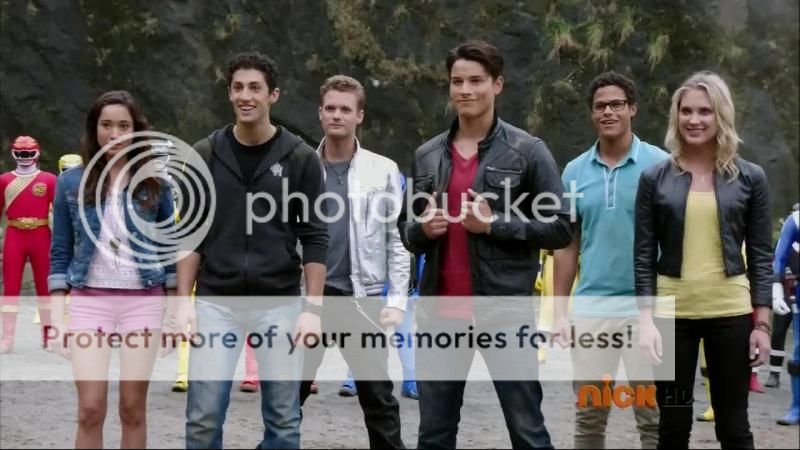
 : HINDSIGHT REVIEW
: HINDSIGHT REVIEW













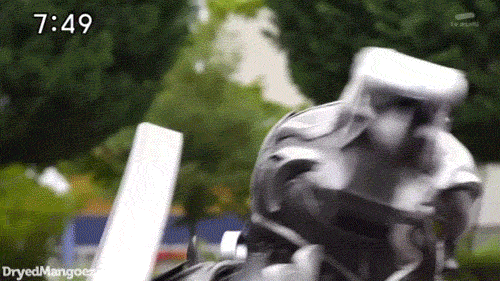


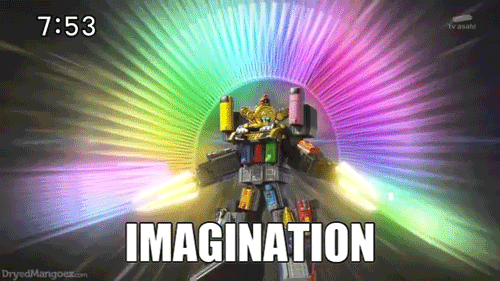



































 .
.















.jpg)
.jpg)
.jpg)
.jpg)
.jpg)
.jpg)
.jpg)
.jpg)
.jpg)
.jpg)
.jpg)
.jpg)
.jpg)
.jpg)
.jpg)
.jpg)
.jpg)
.jpg)
.jpg)
.jpg)
.jpg)
.jpg)
.jpg)
.jpg)
.jpg)
.jpg)
.jpg)
.jpg)
.jpg)
.jpg)
.jpg)
.jpg)
.jpg)
.jpg)
.jpg)
.jpg)
.jpg)
.jpg)




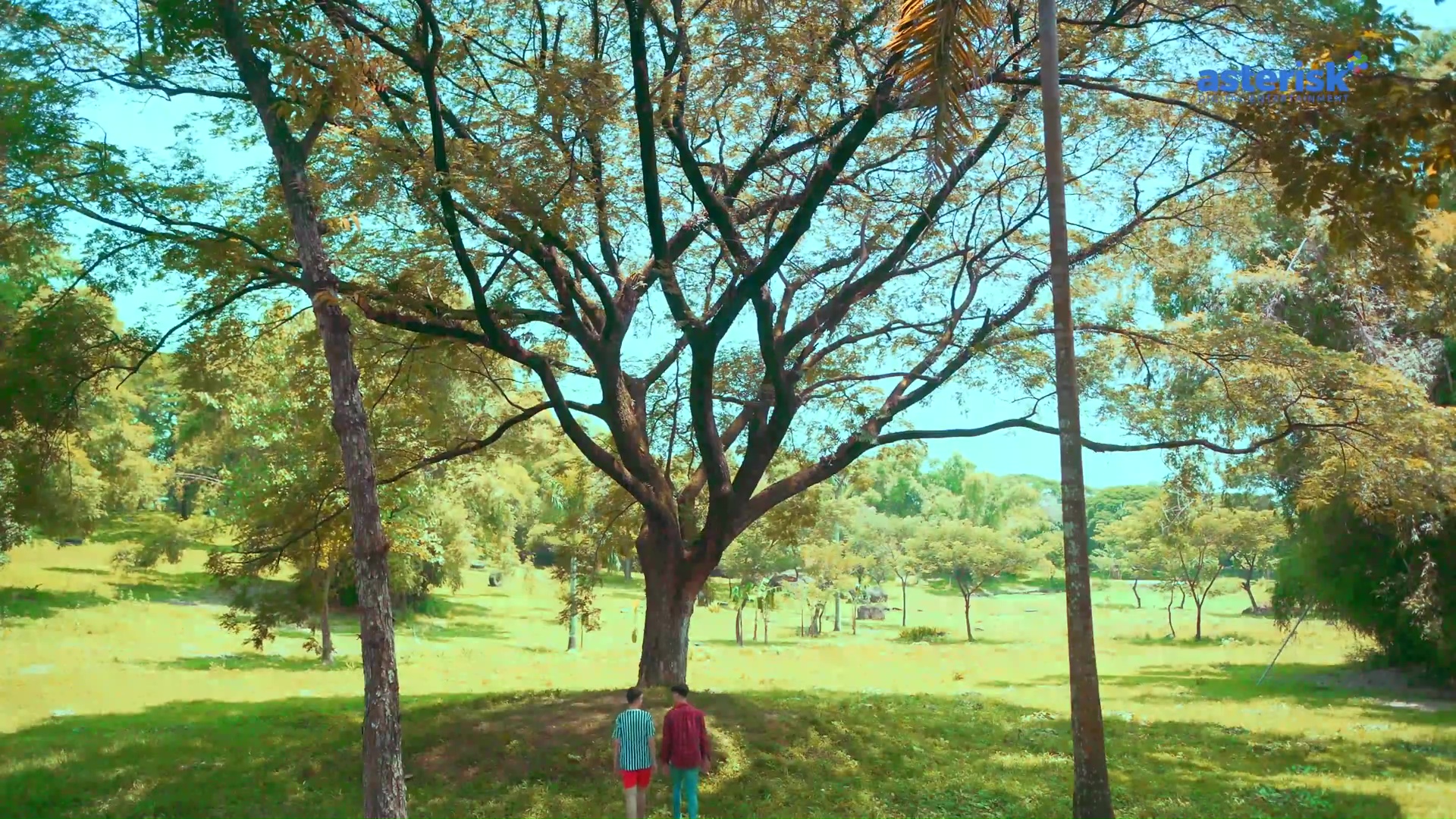
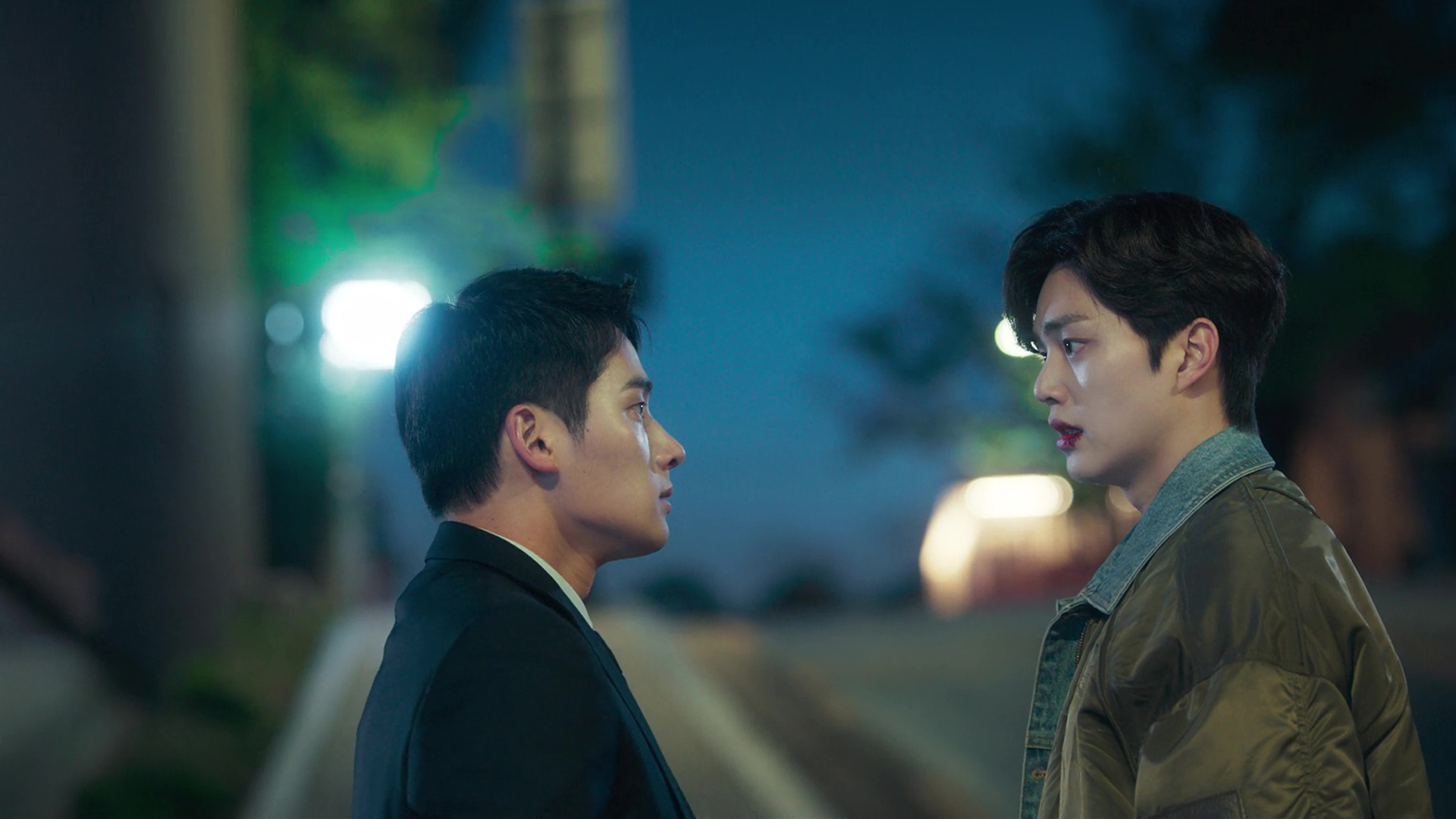
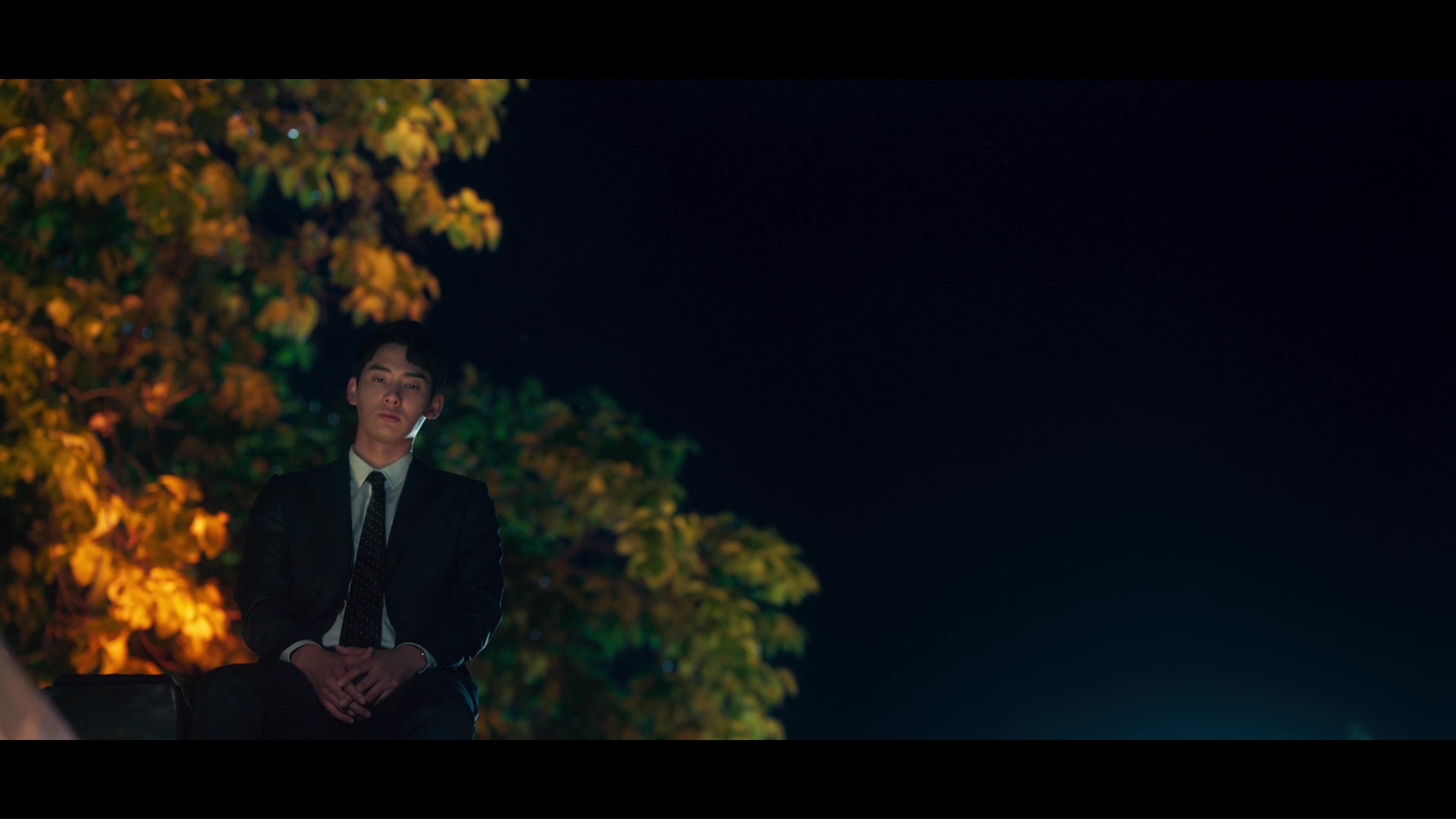
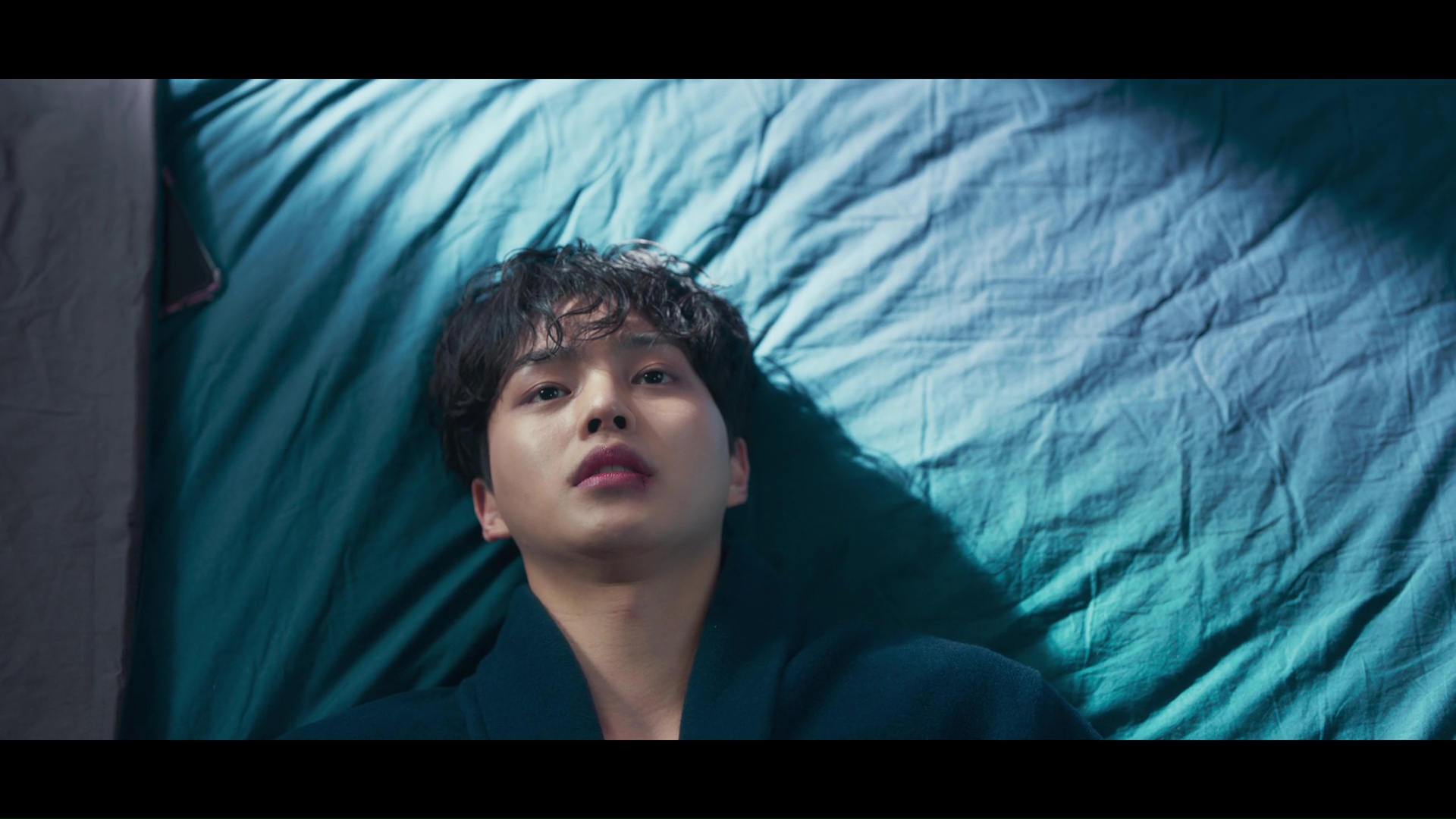
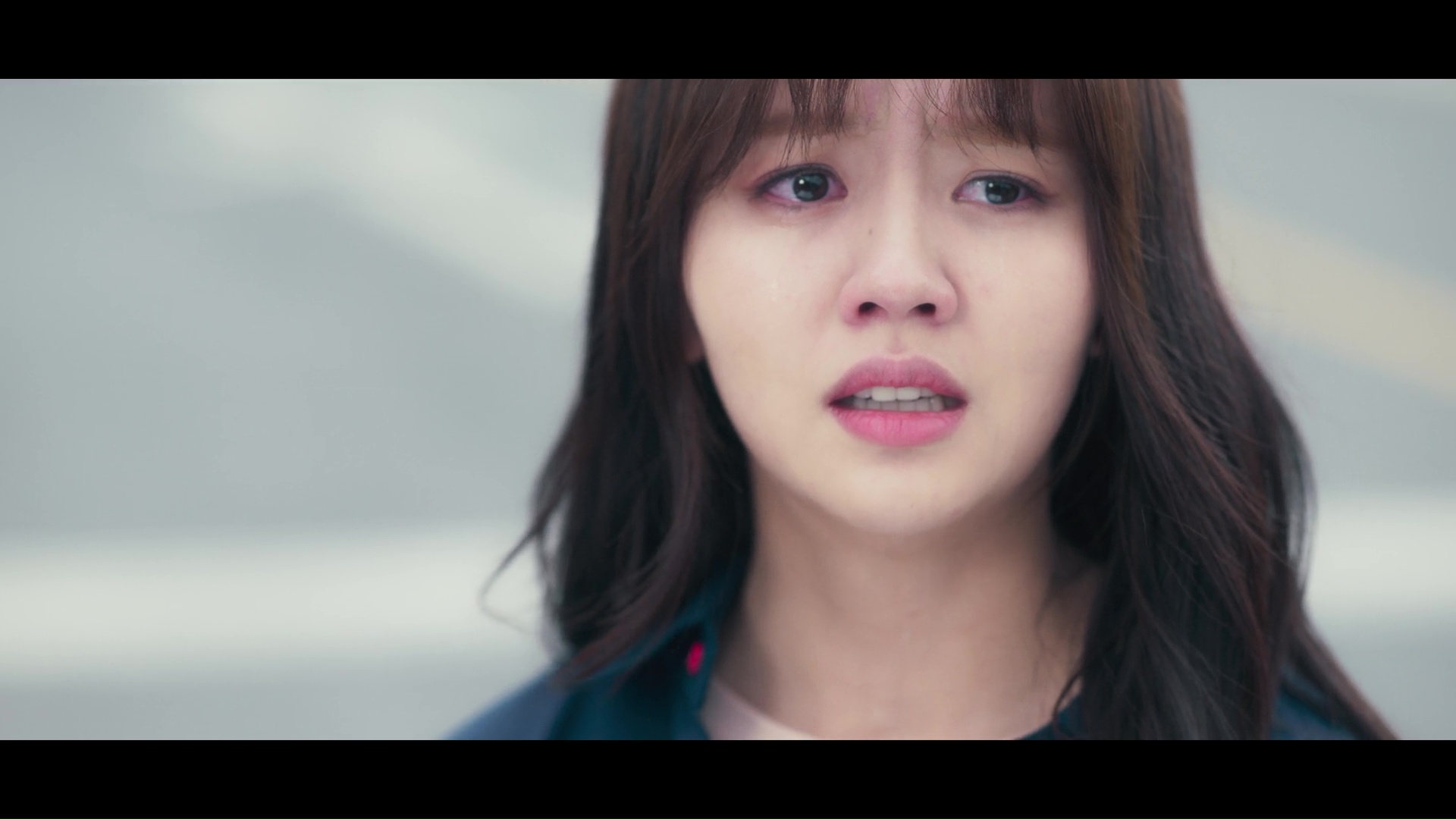
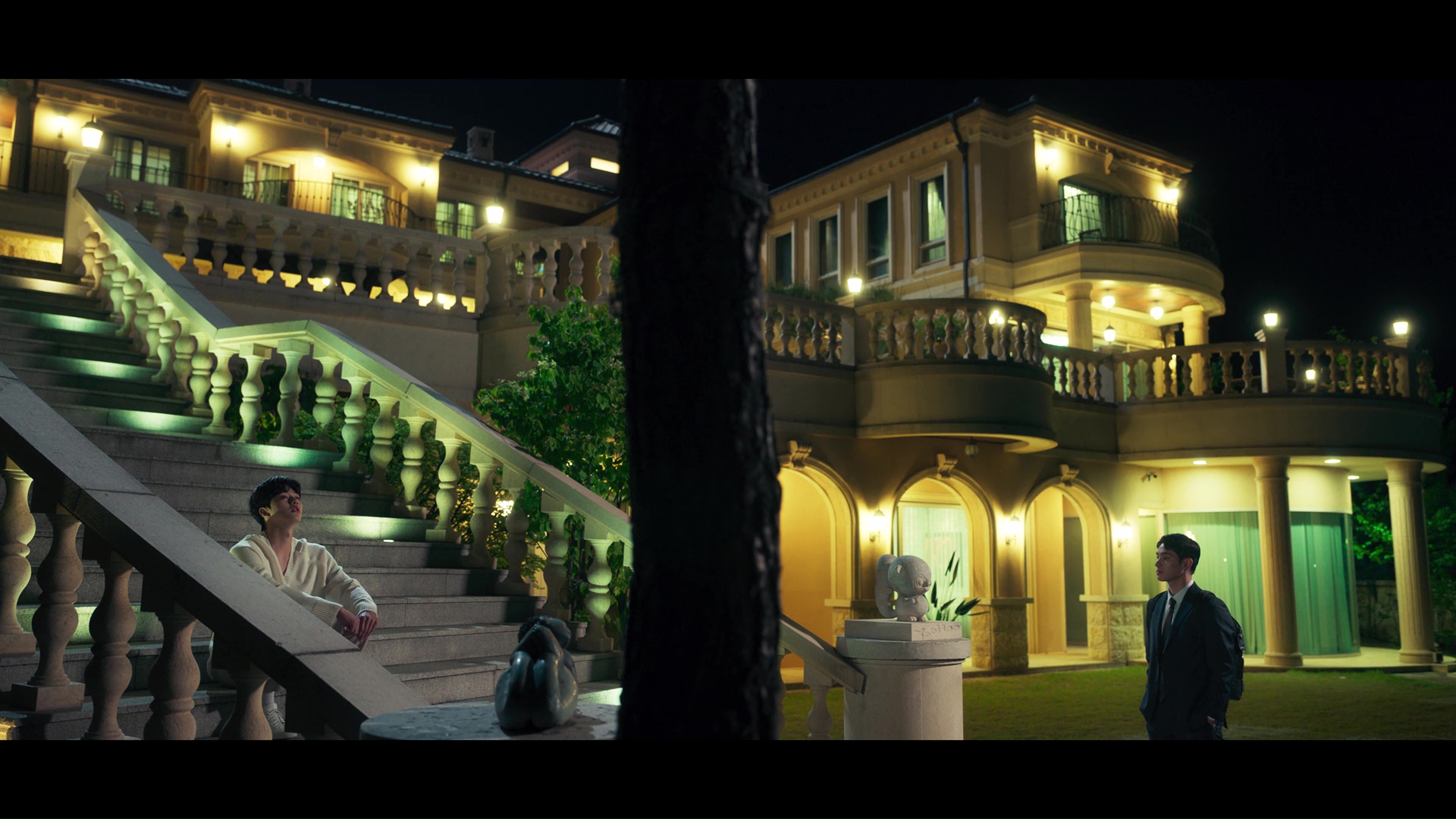

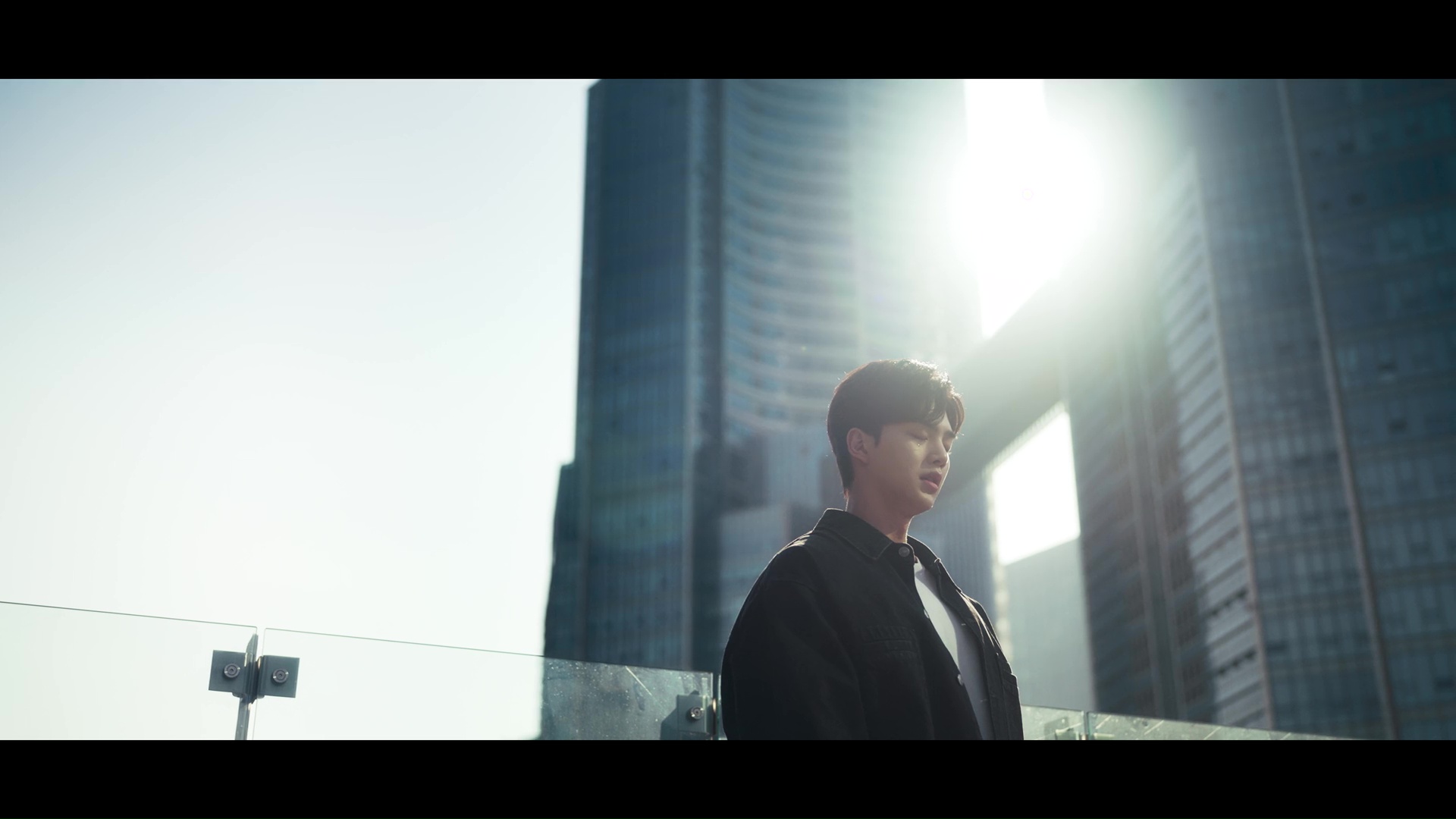
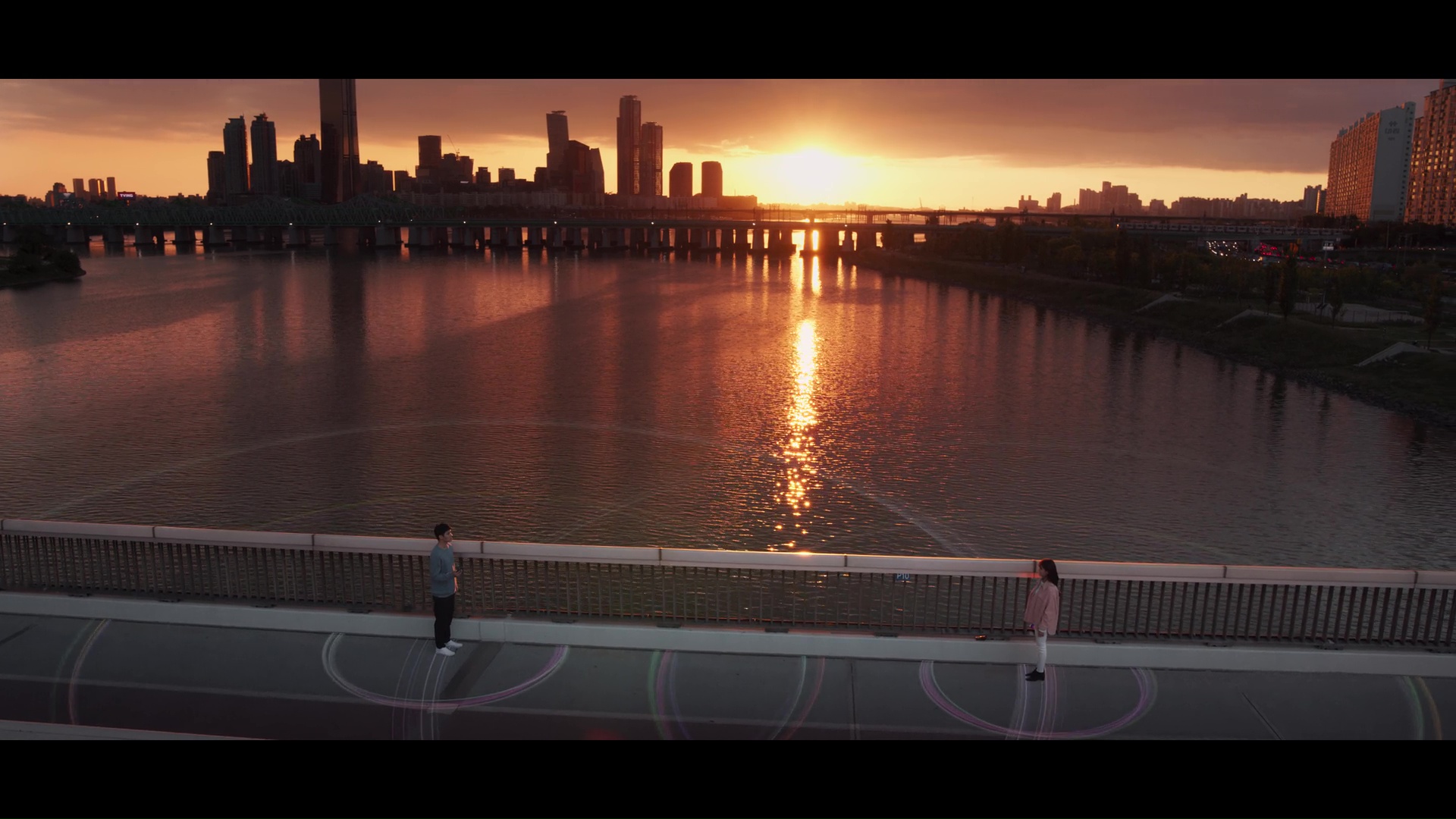
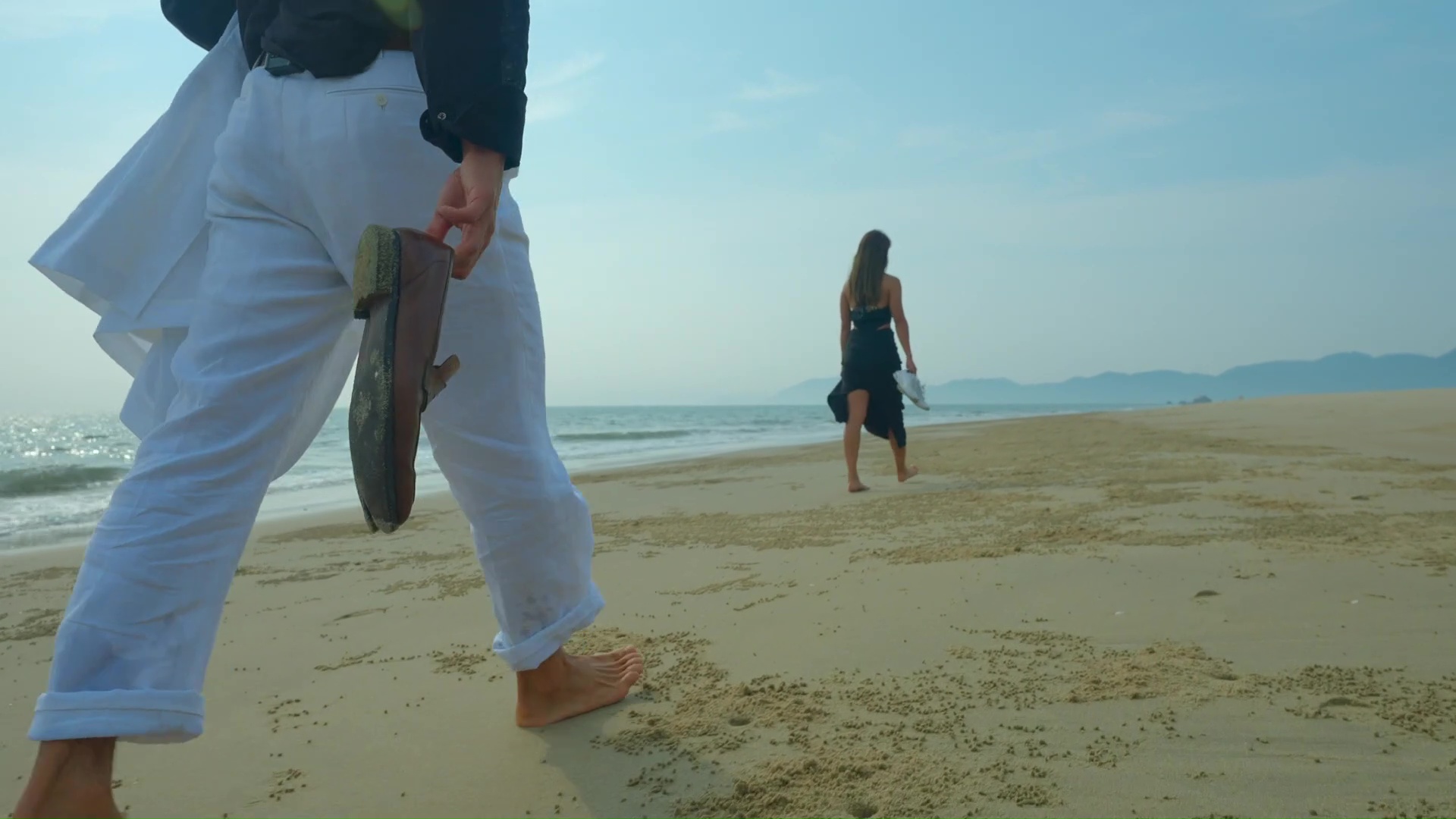

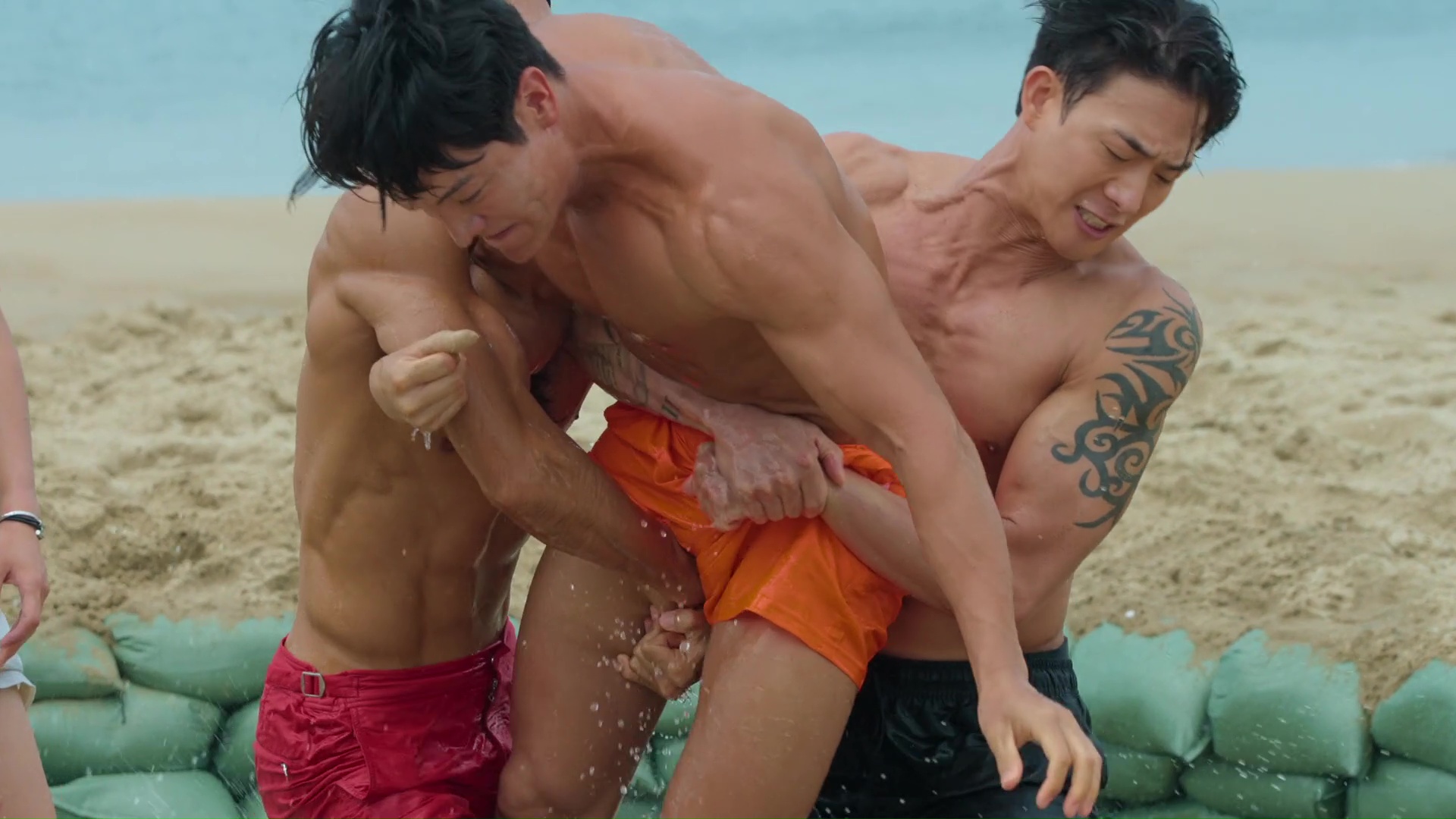
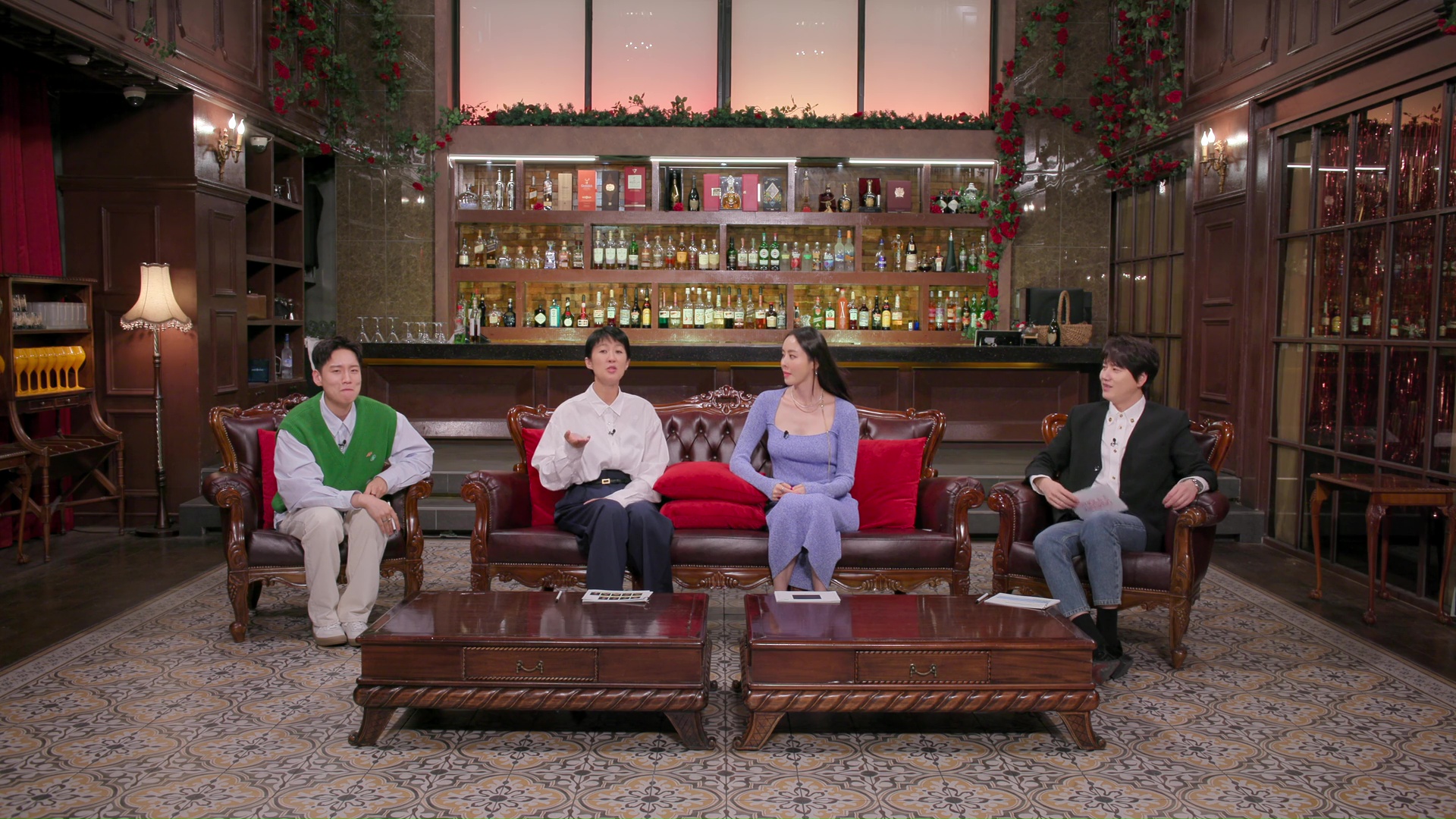


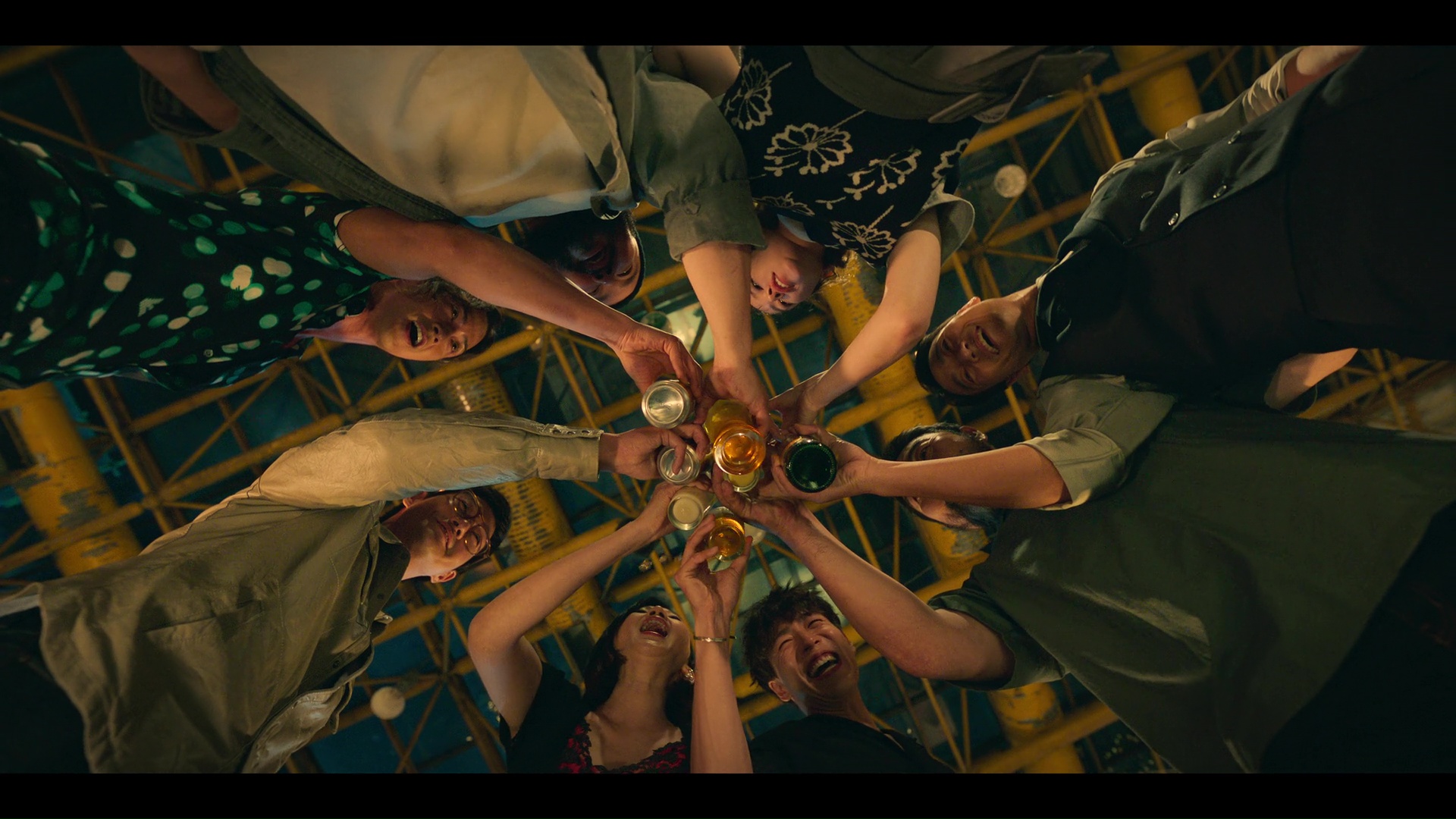
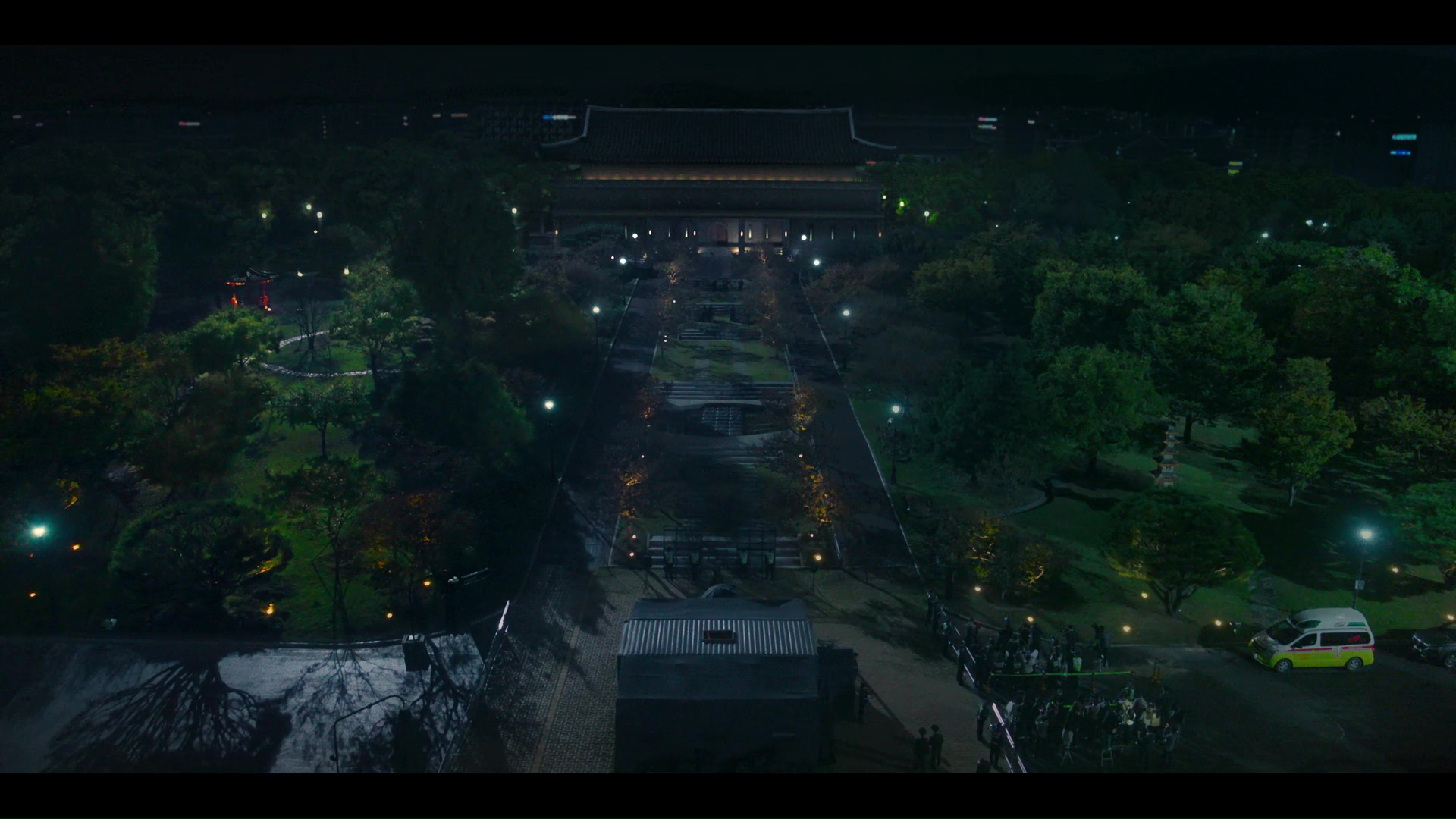
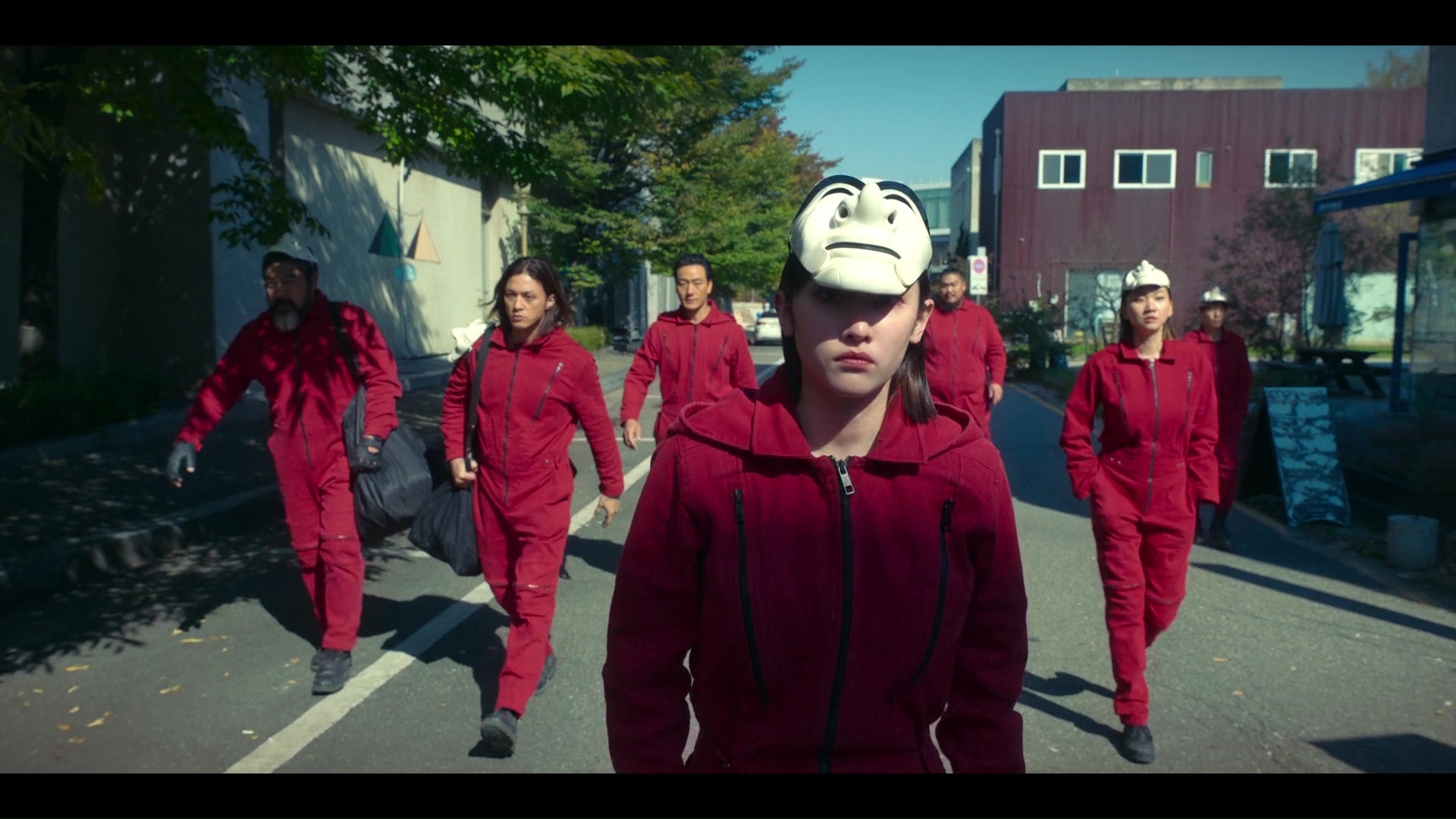
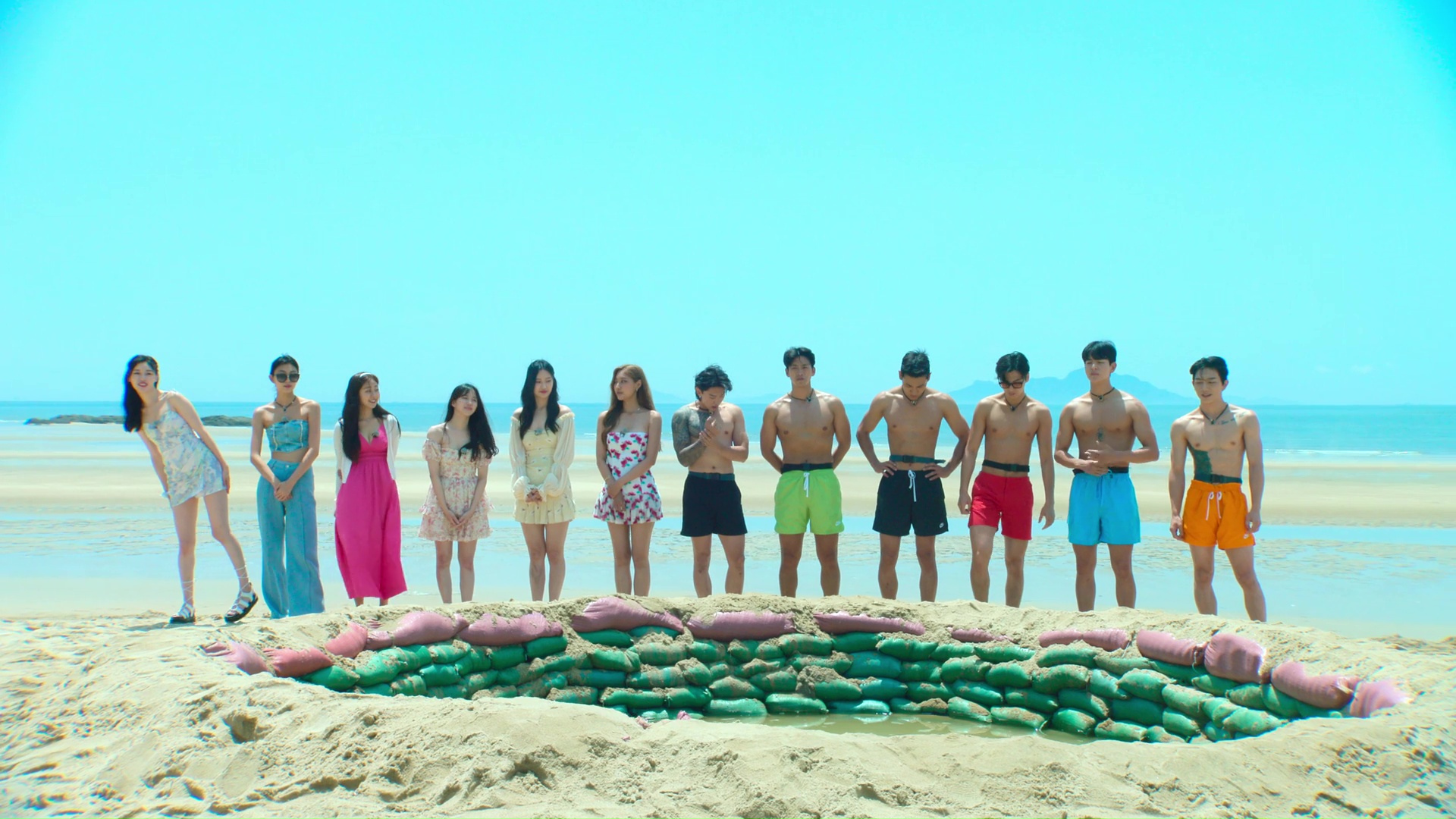


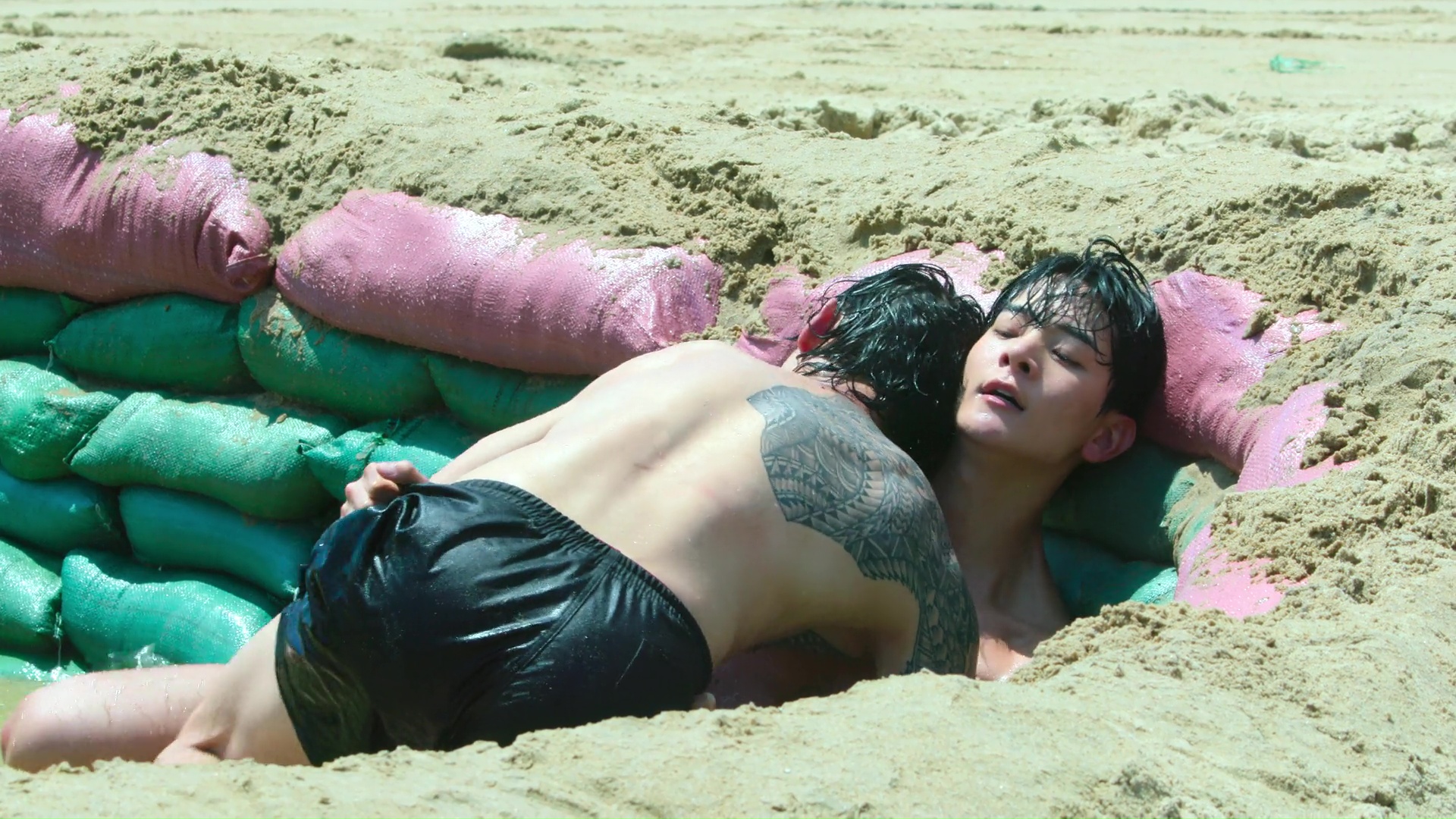

.jpg)
.jpg)
.jpg)
.jpg)
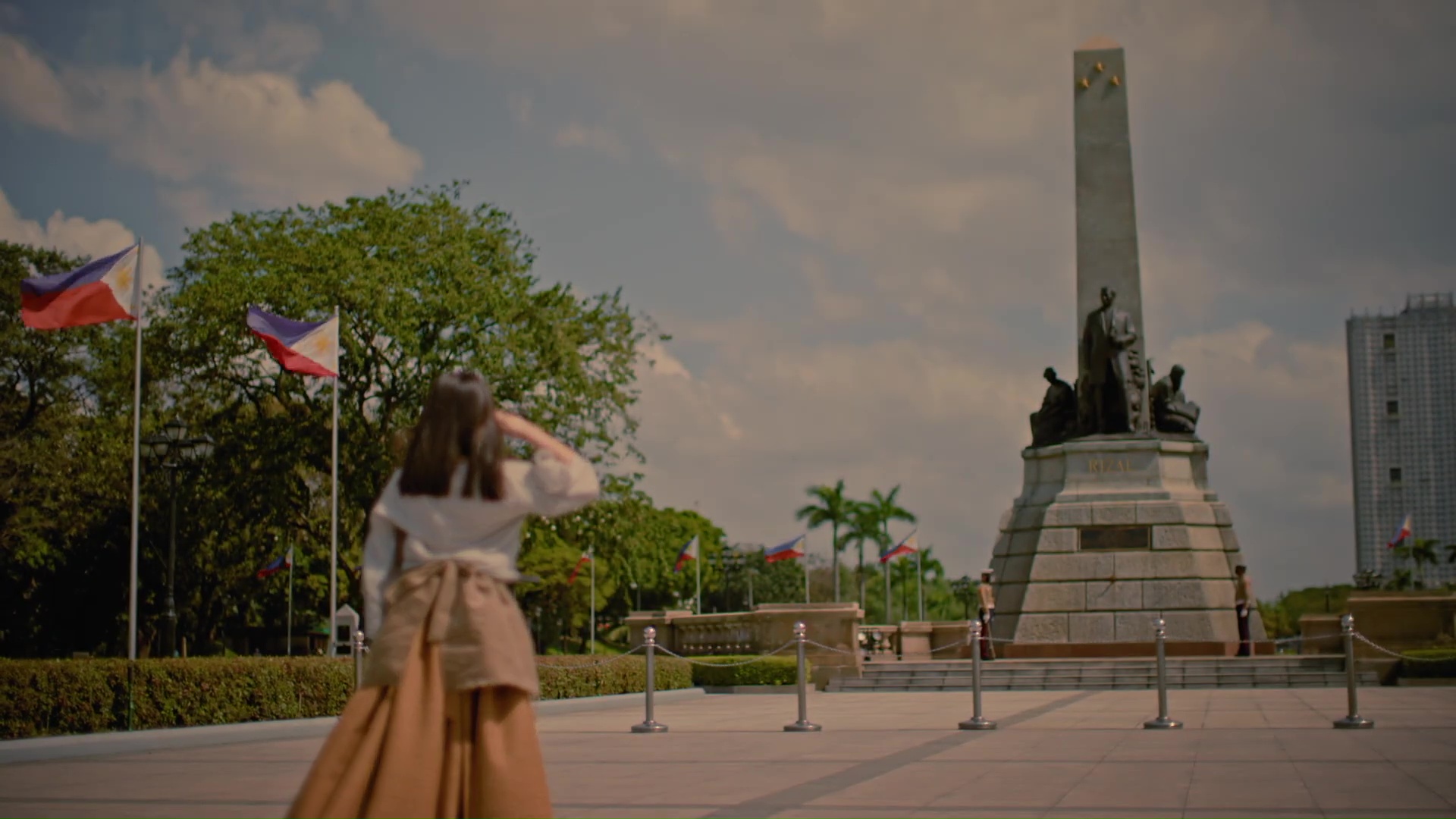
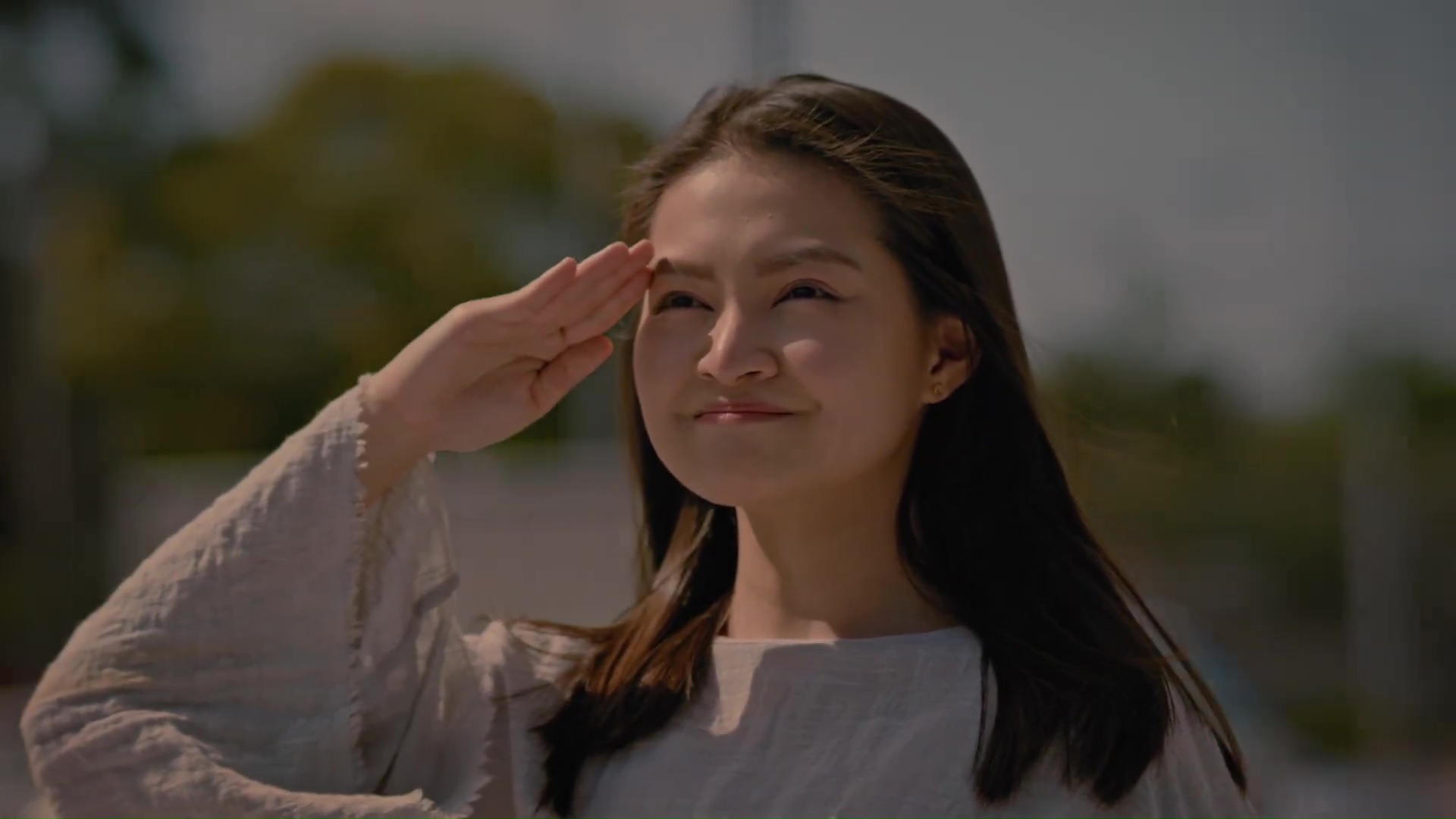
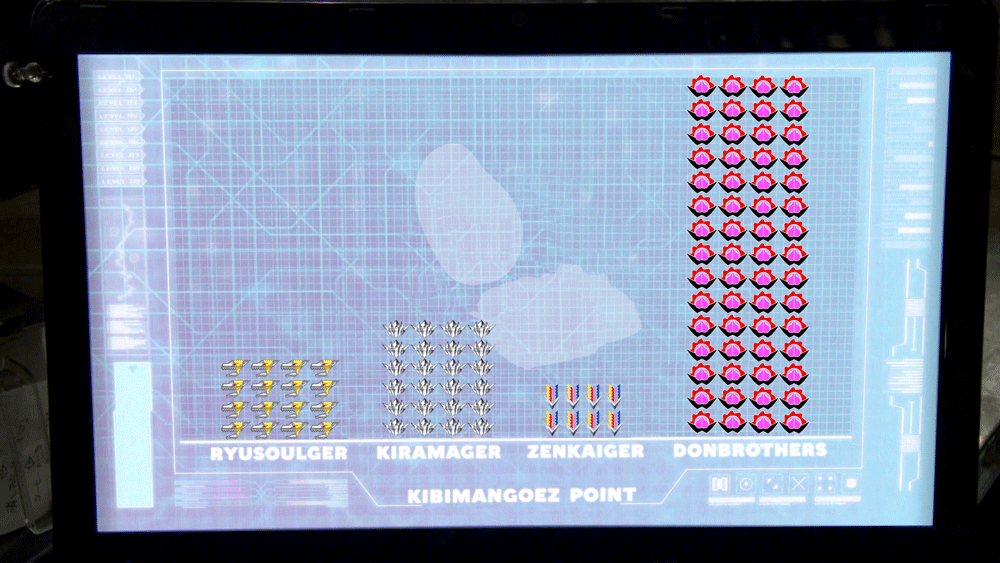
.jpg)
.jpg)
.jpg)
